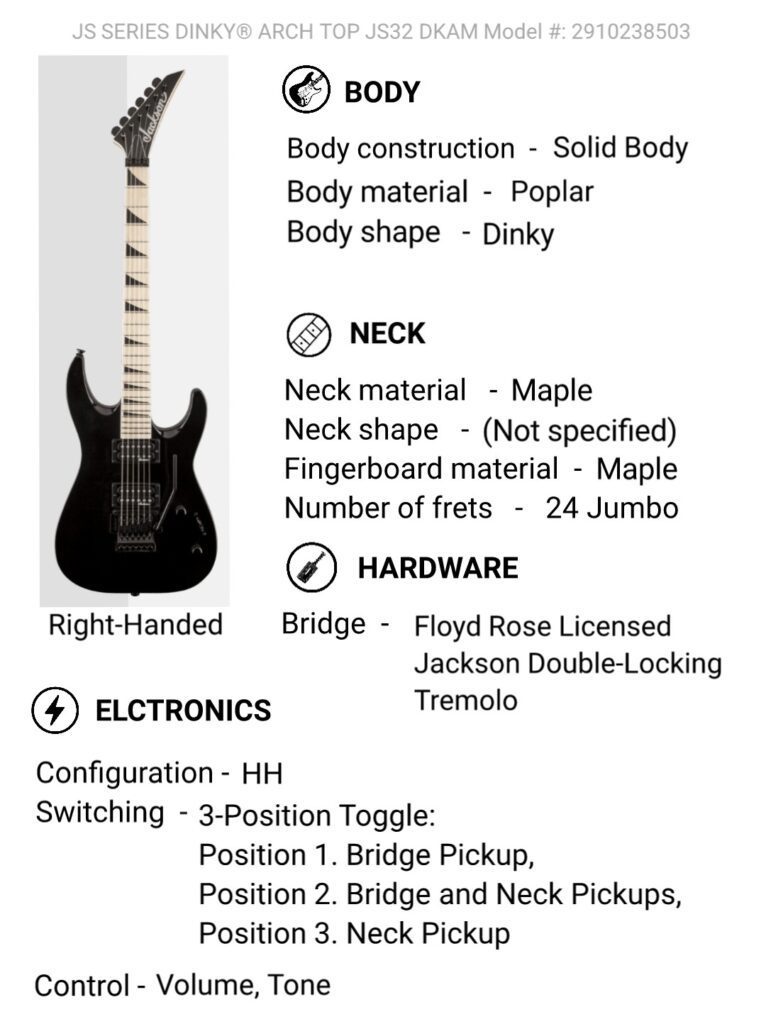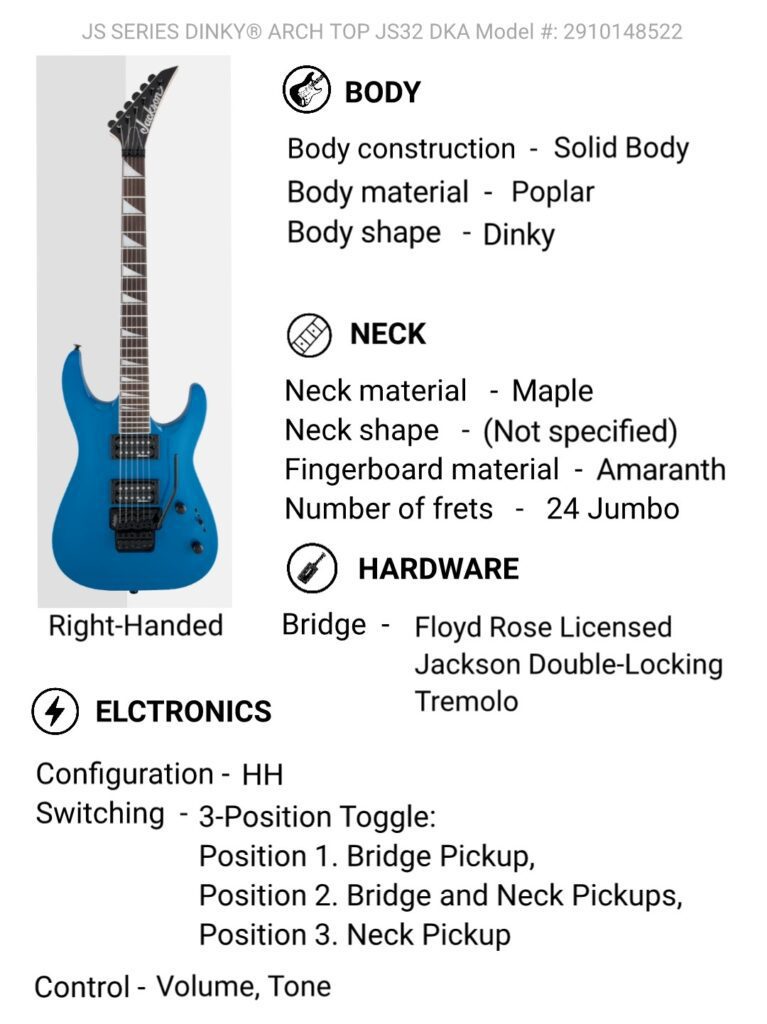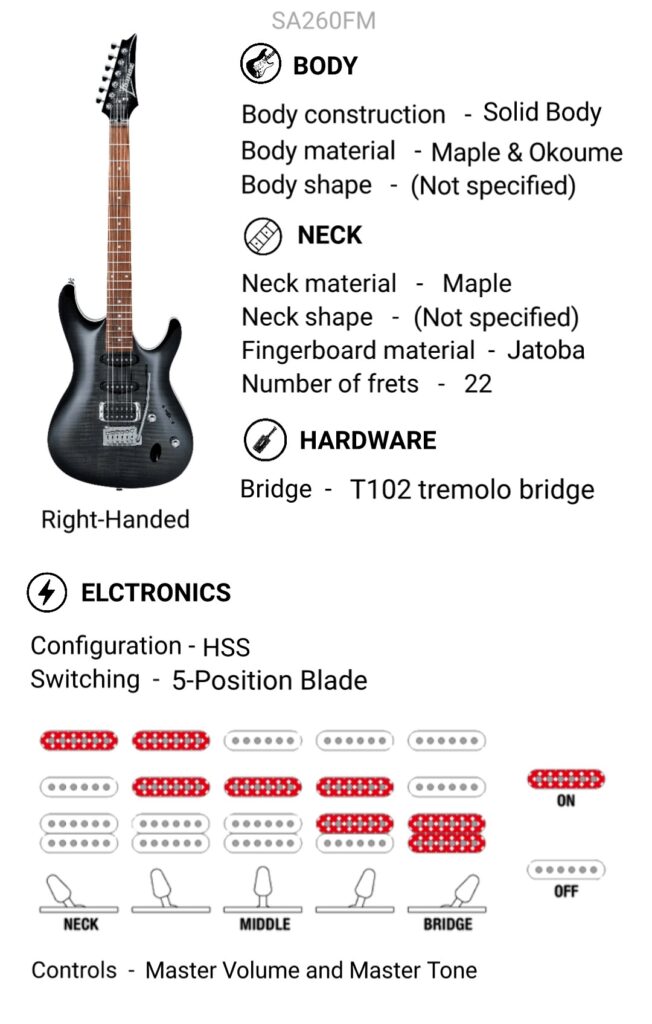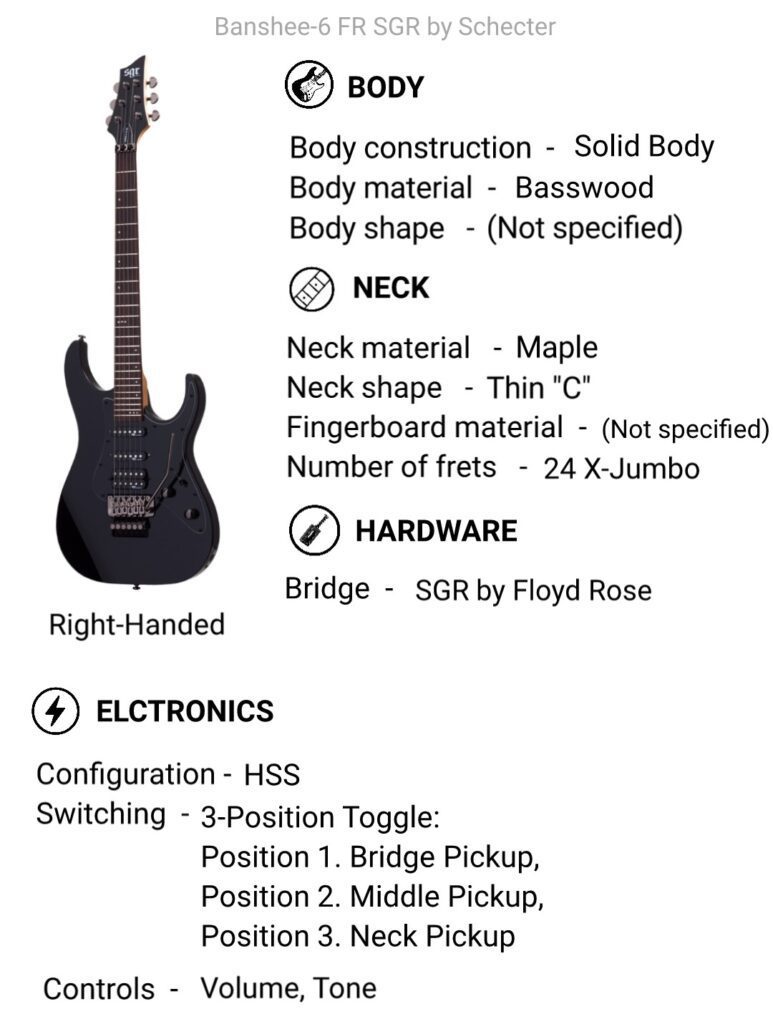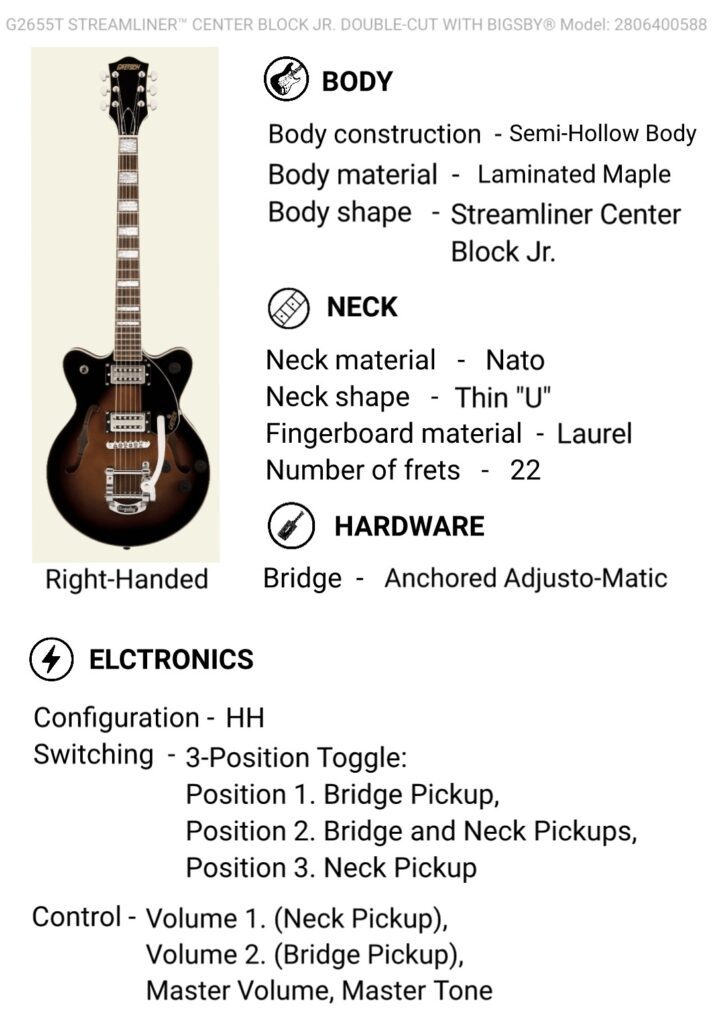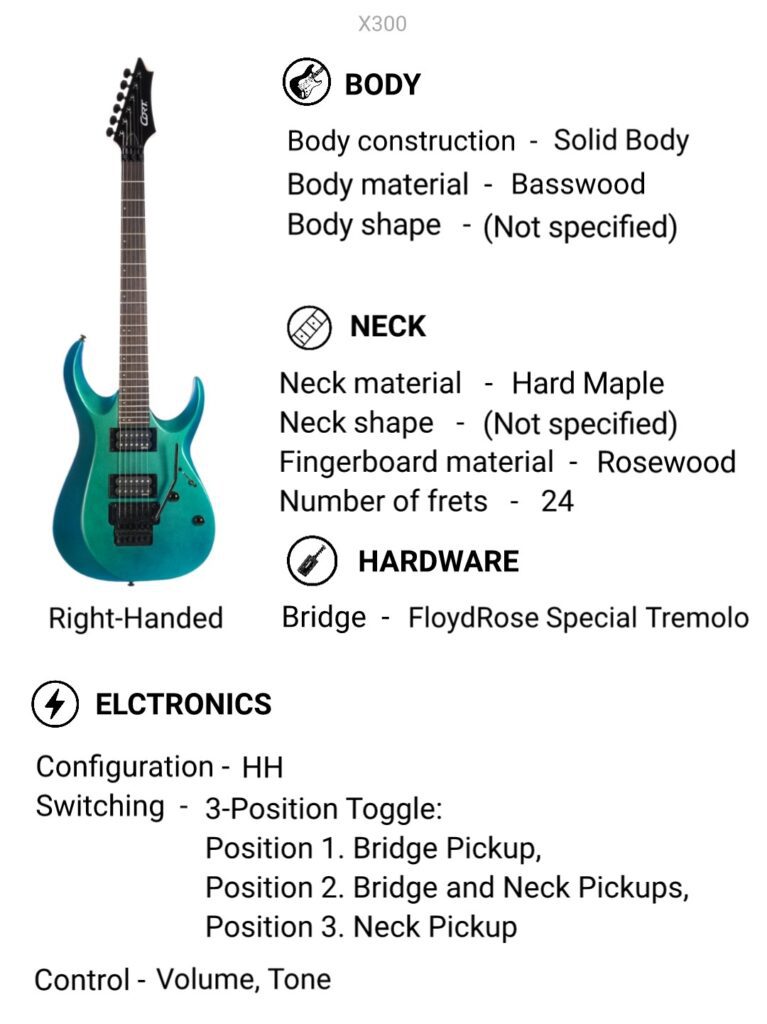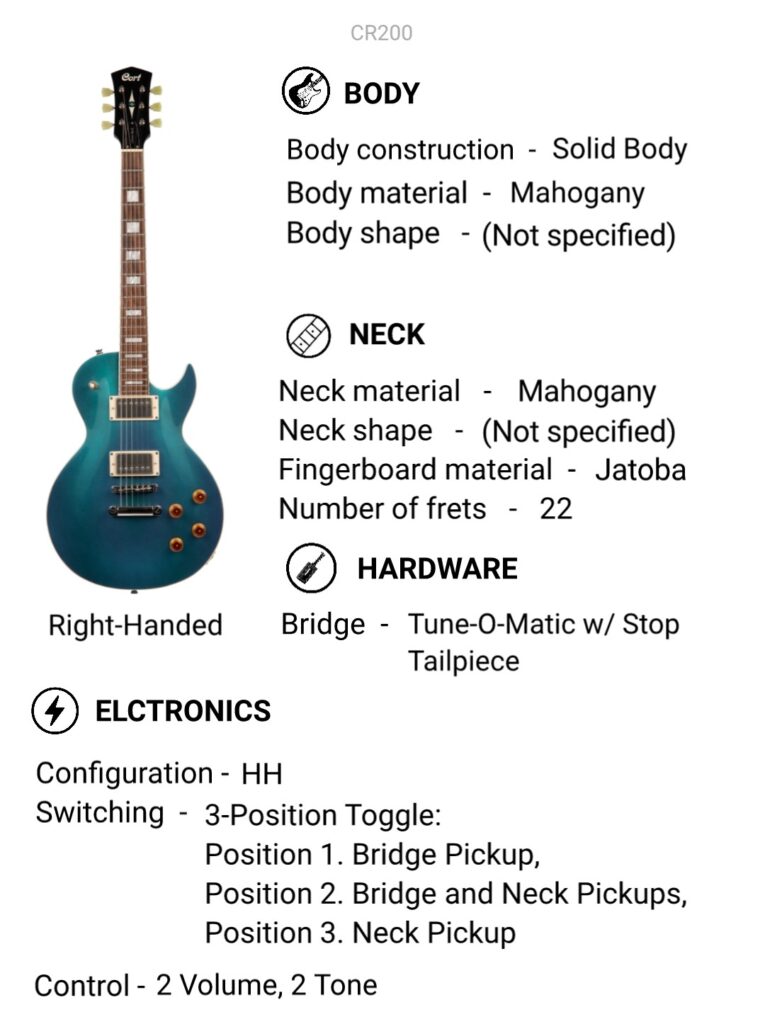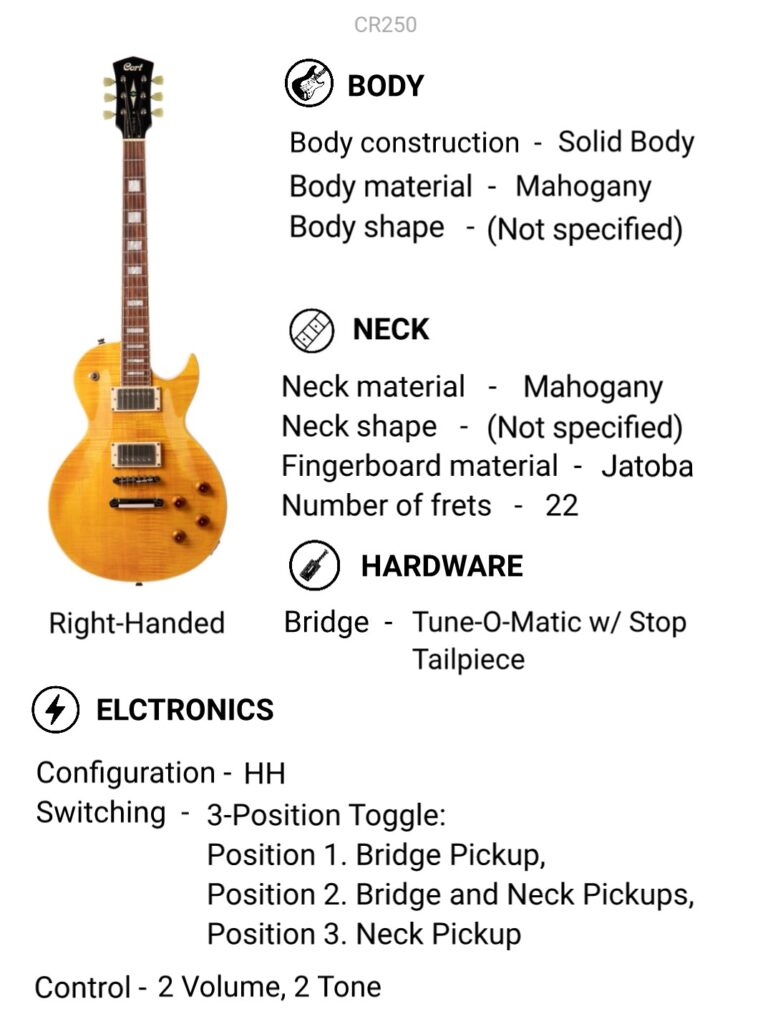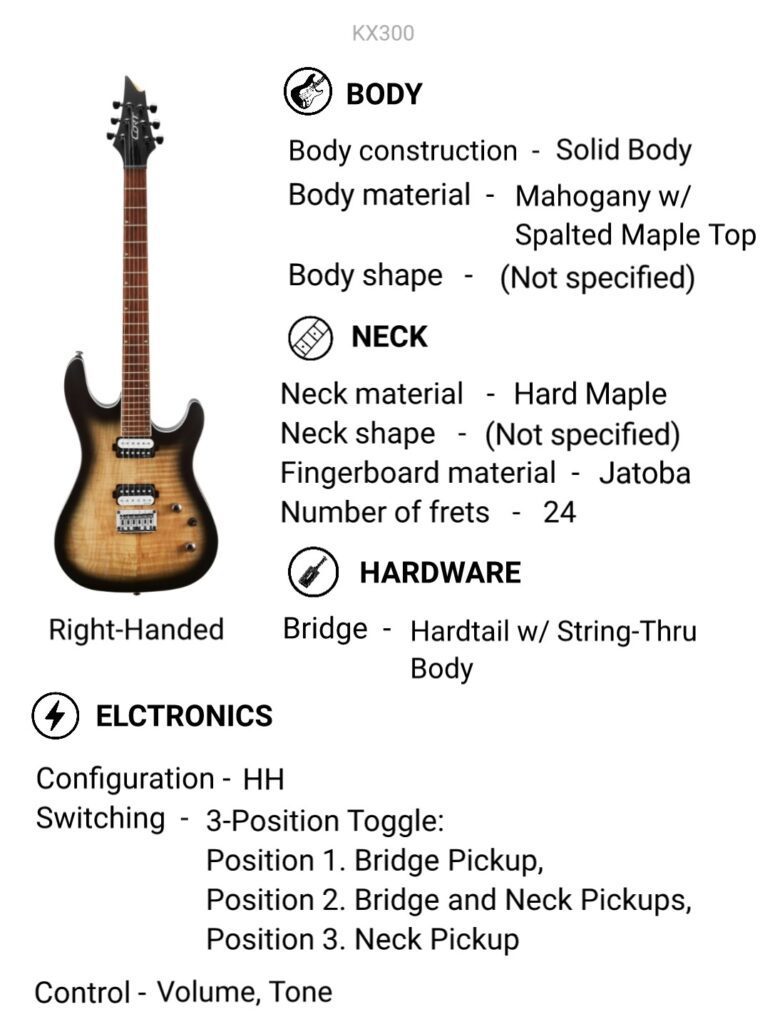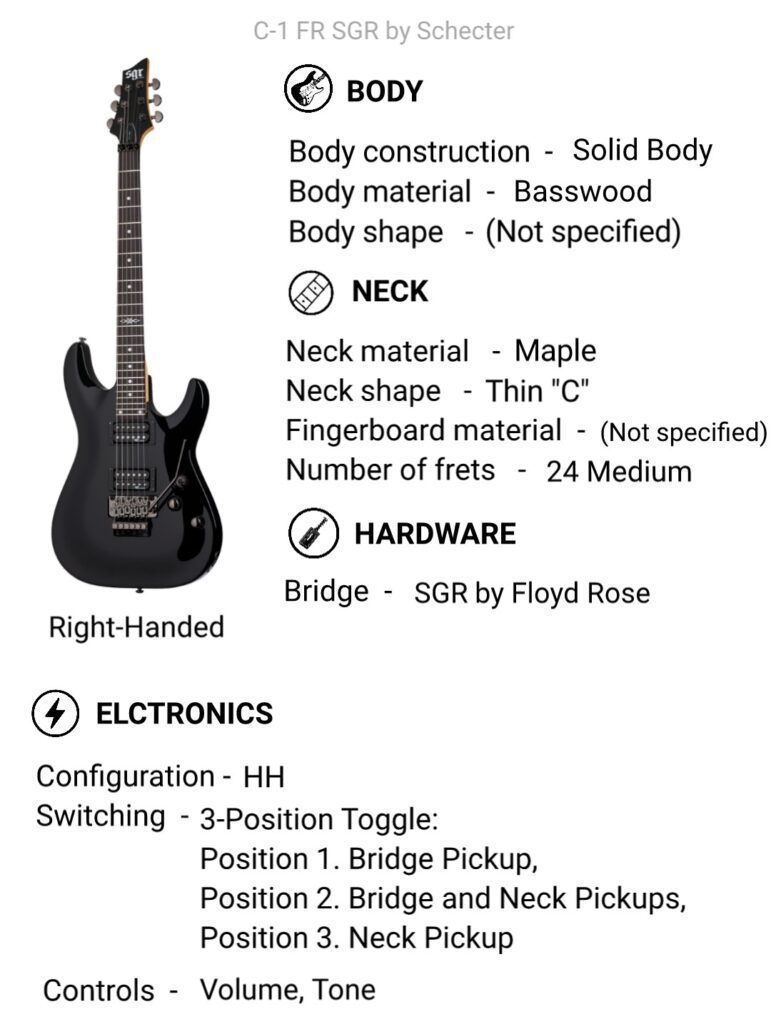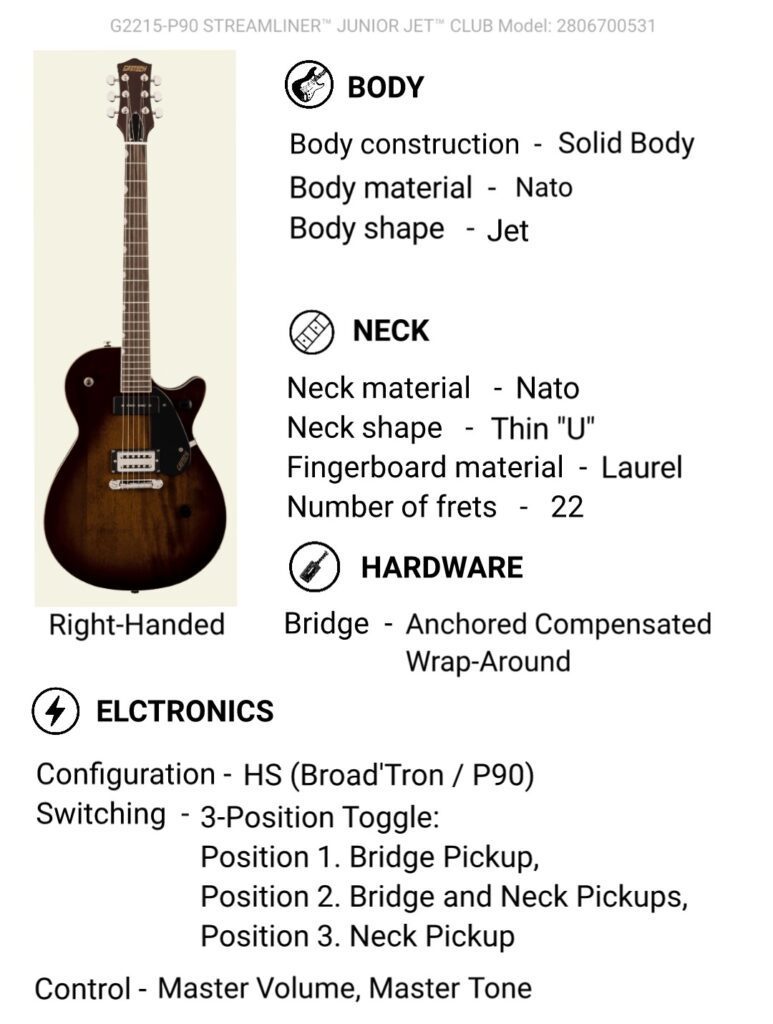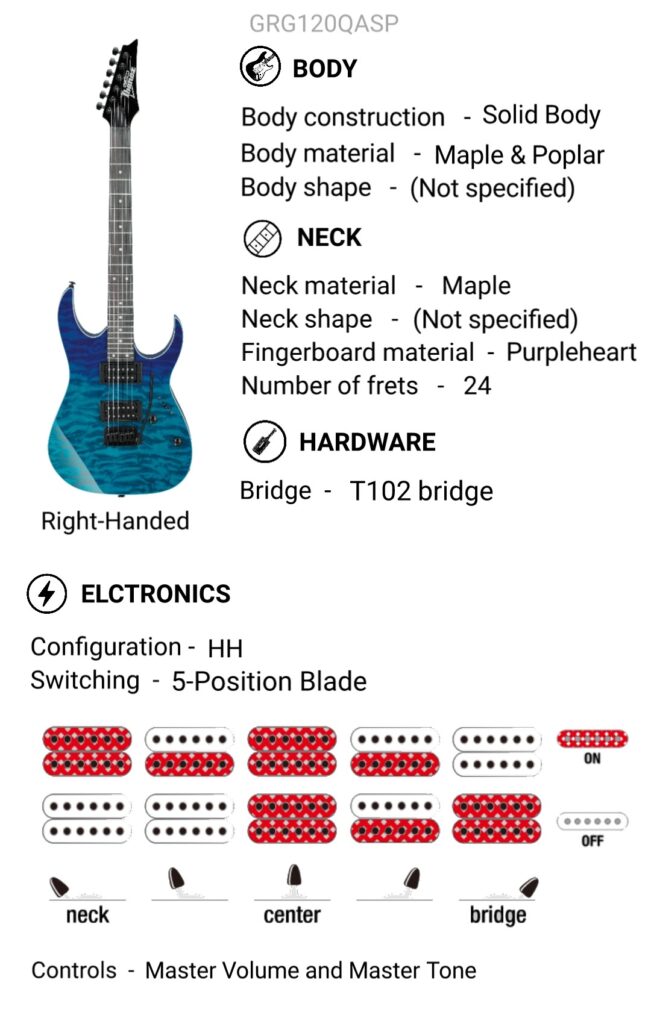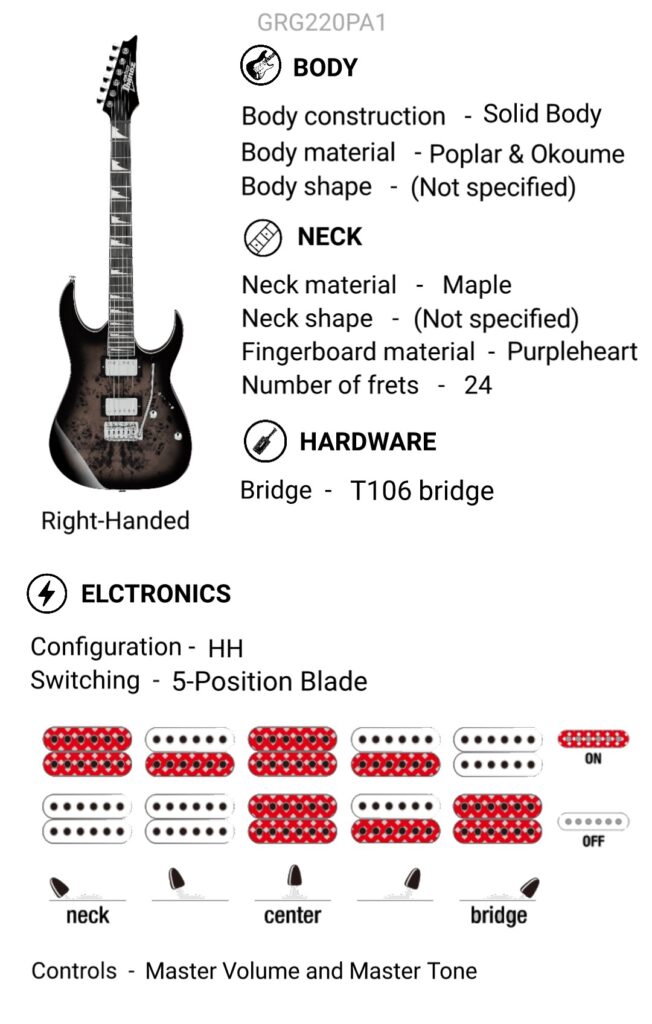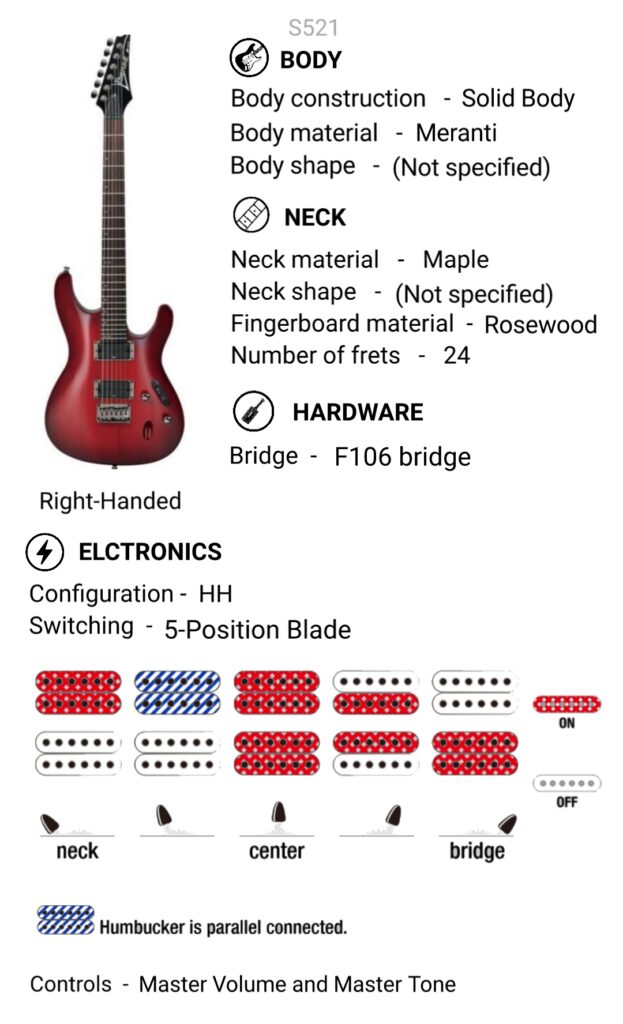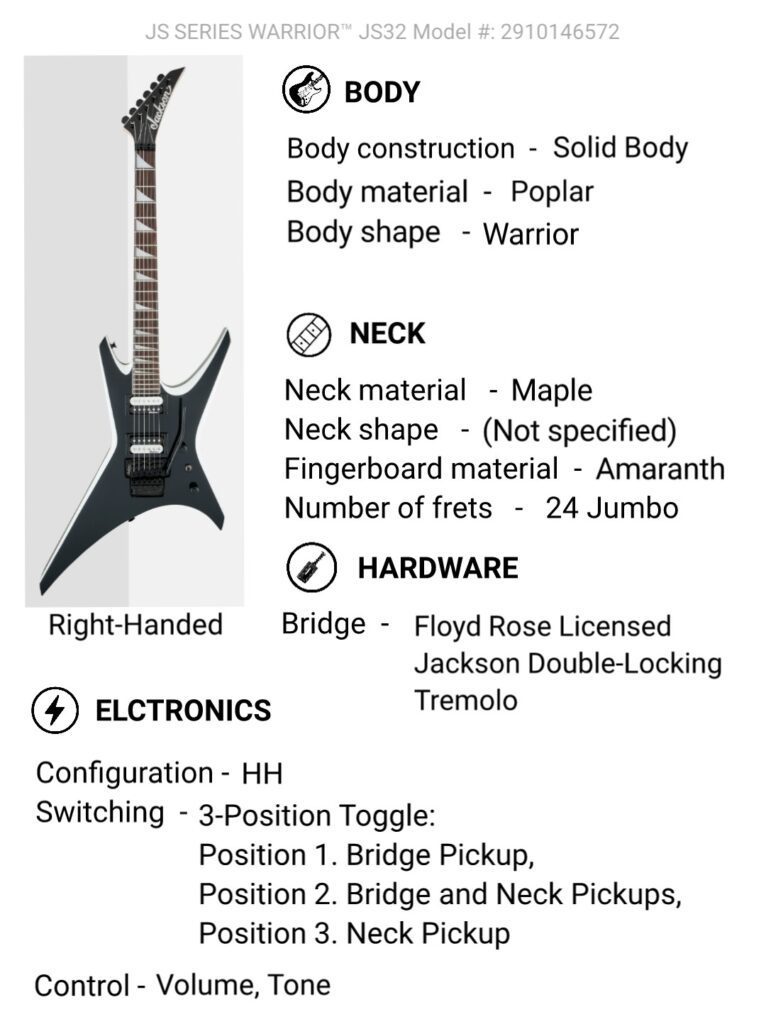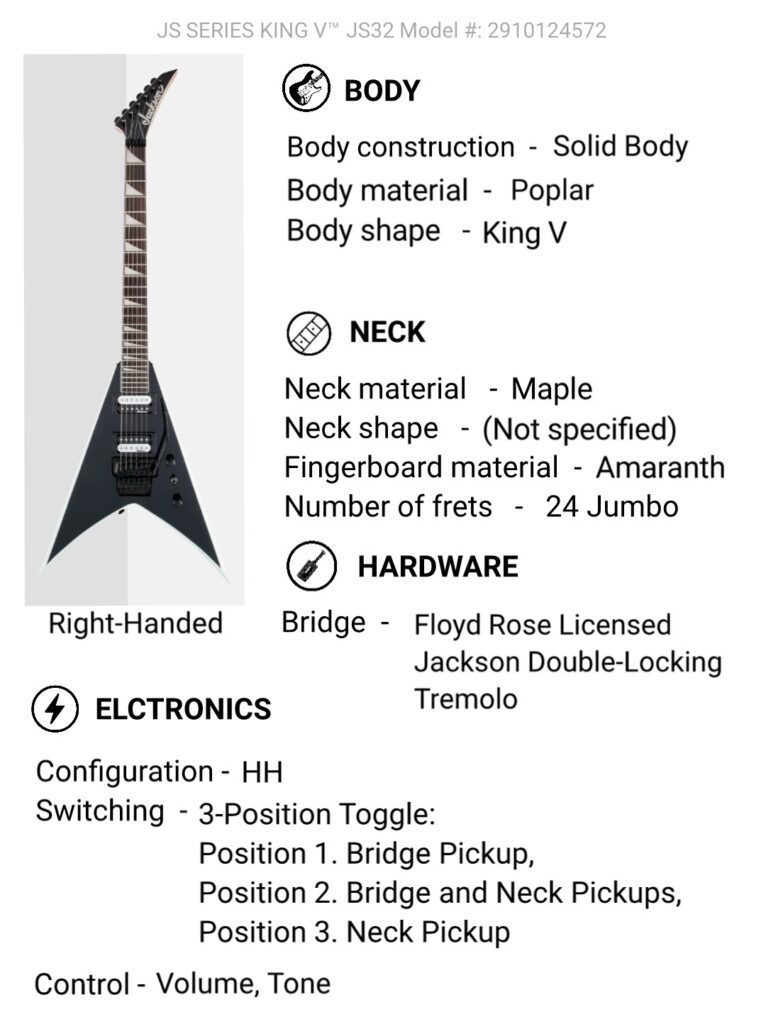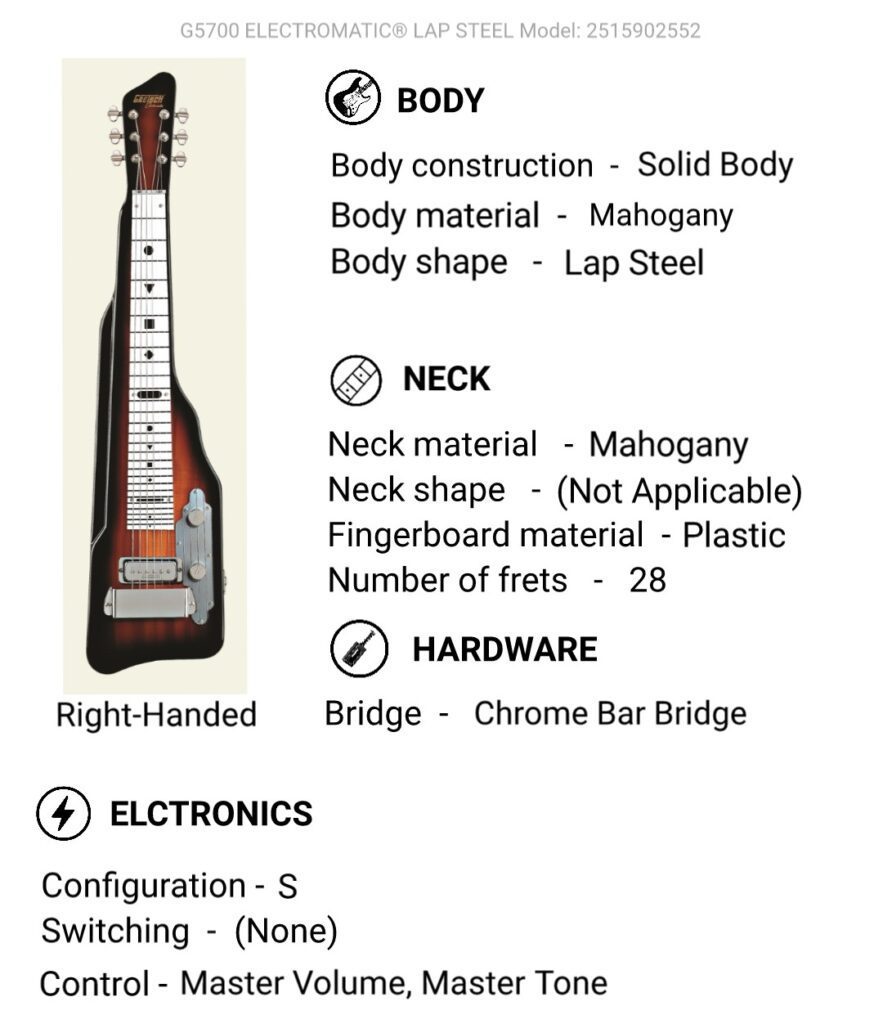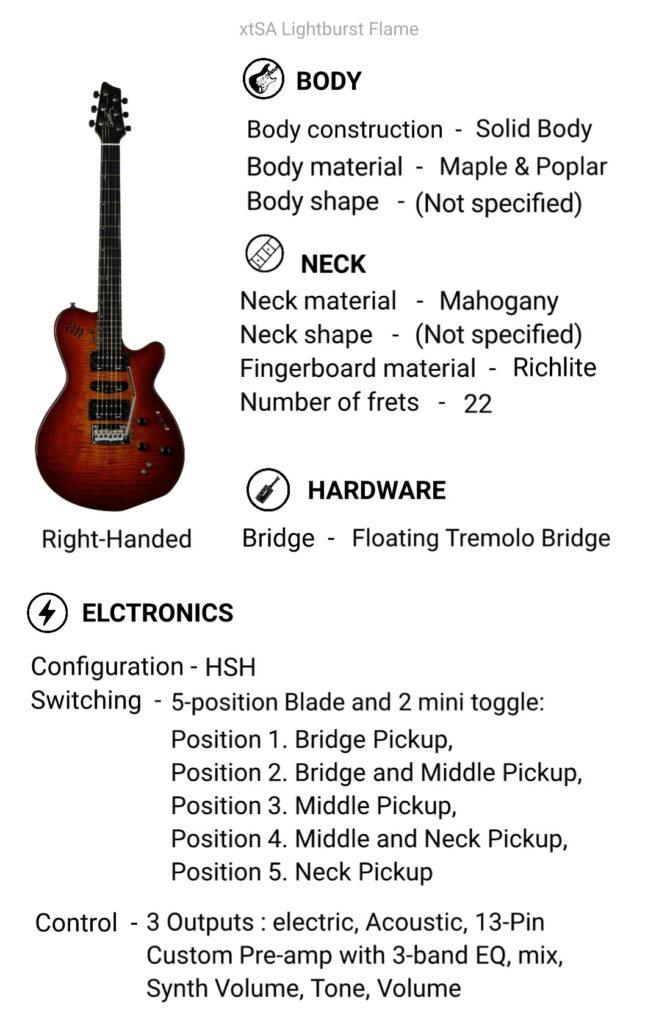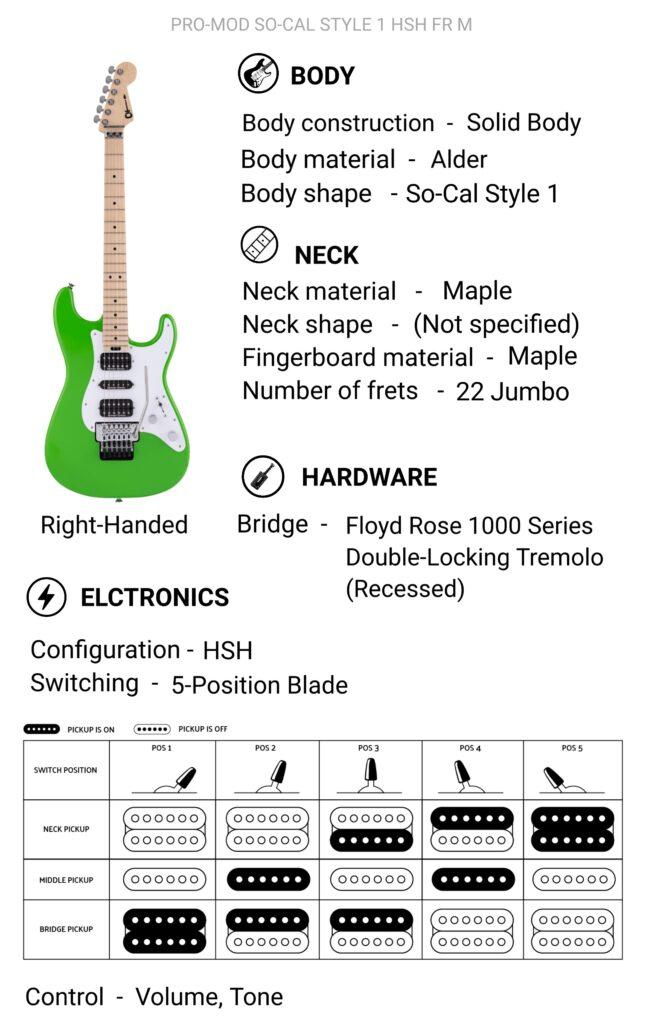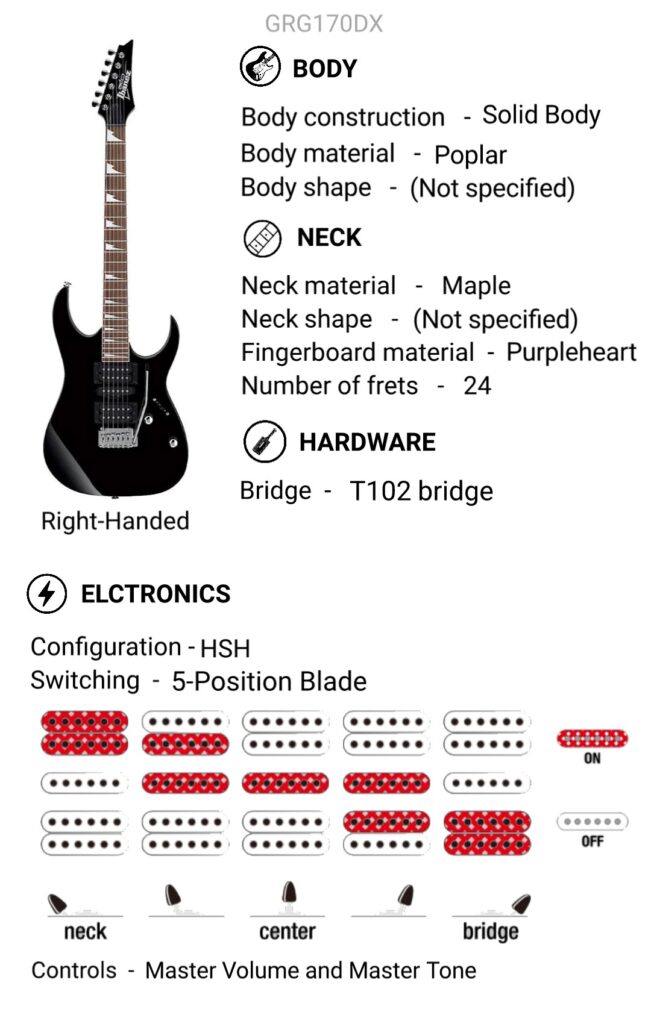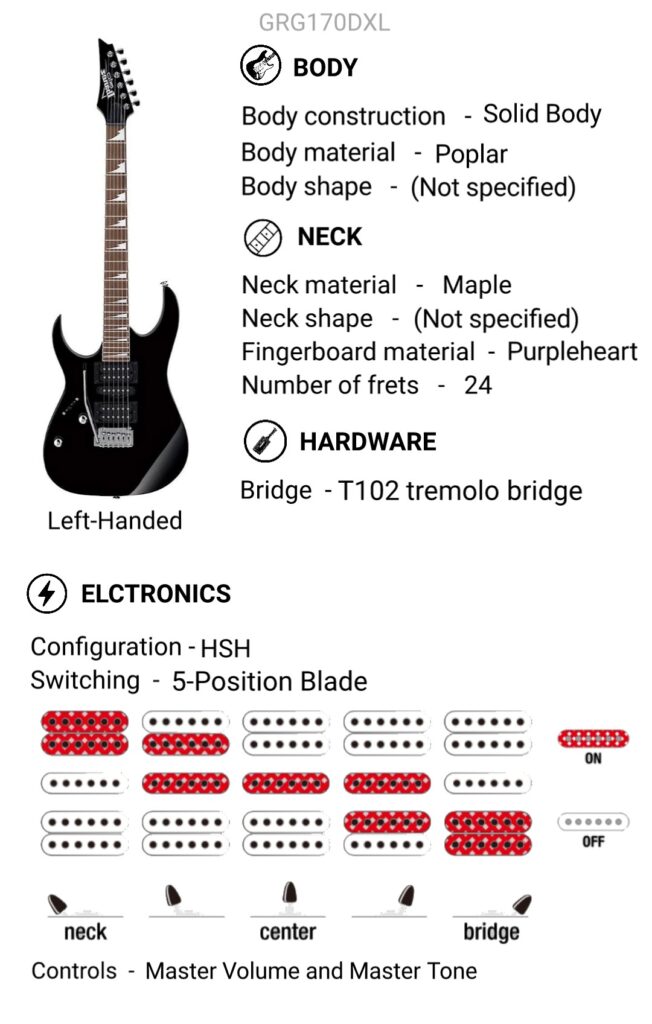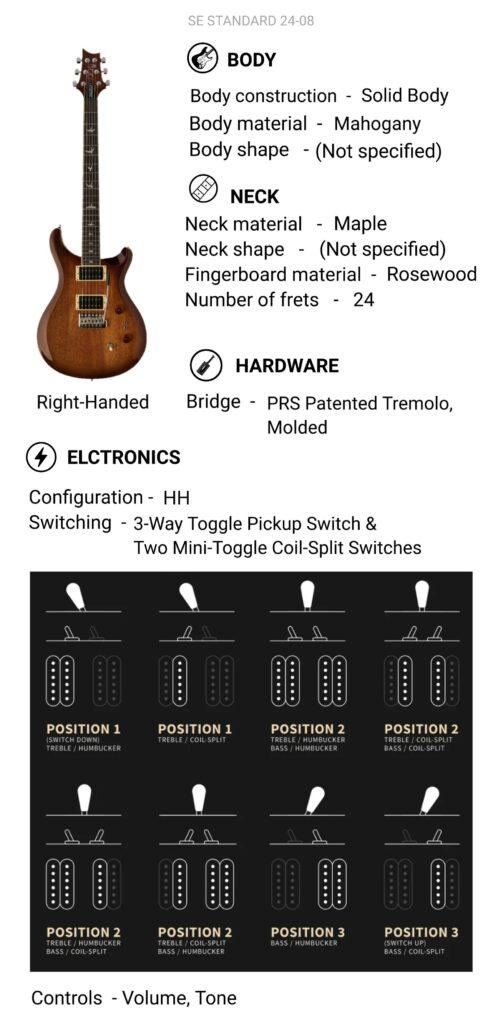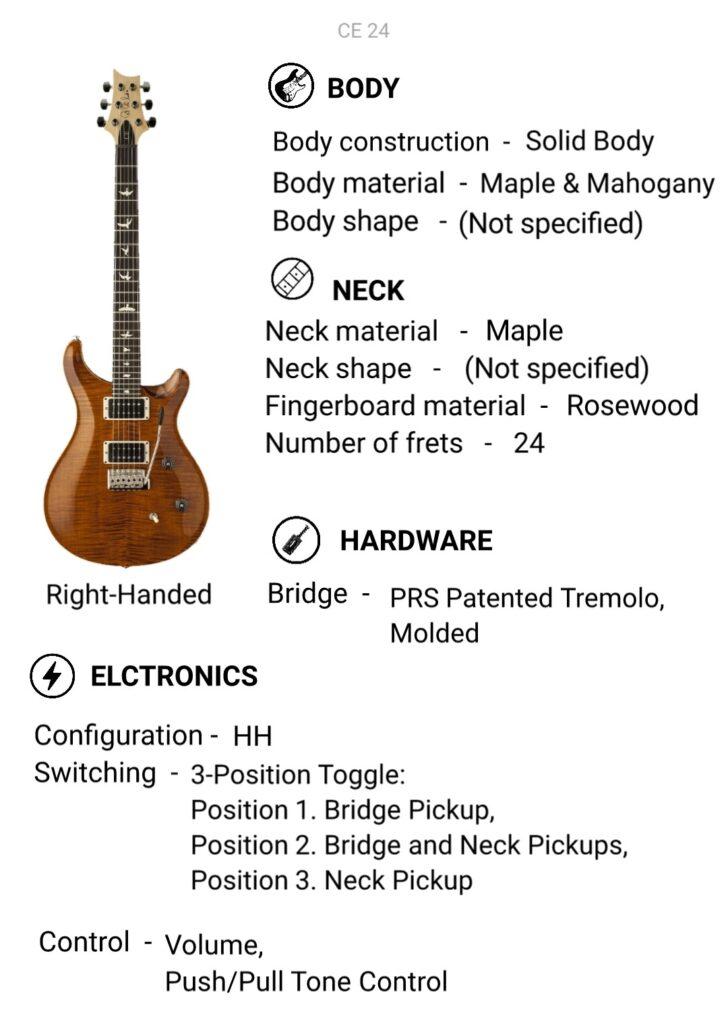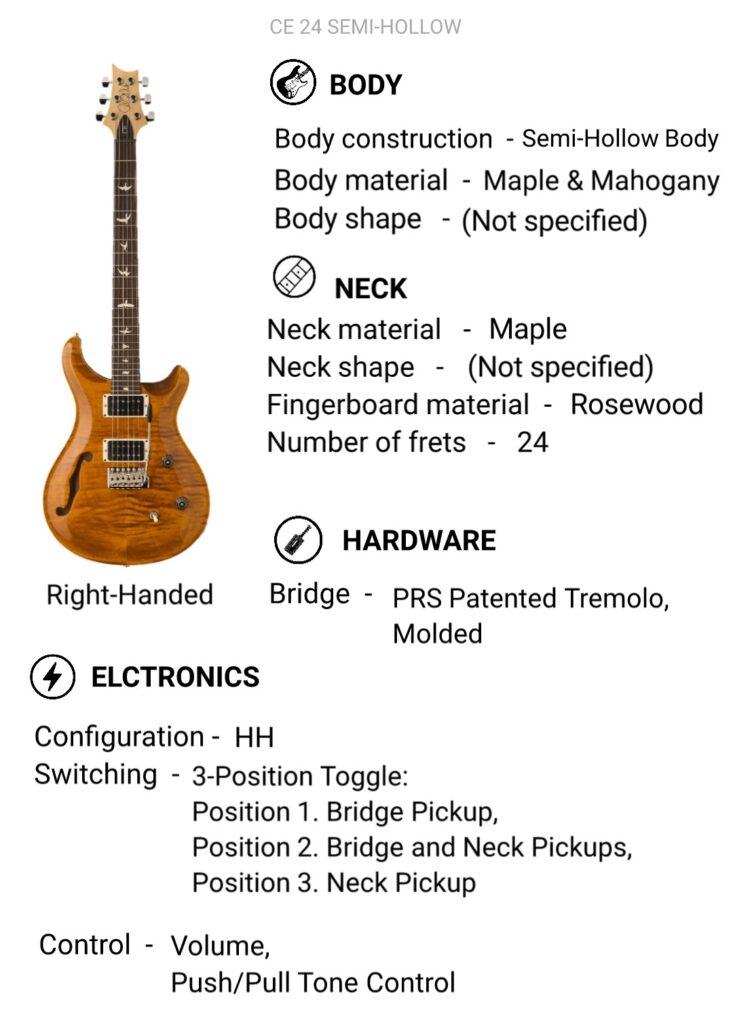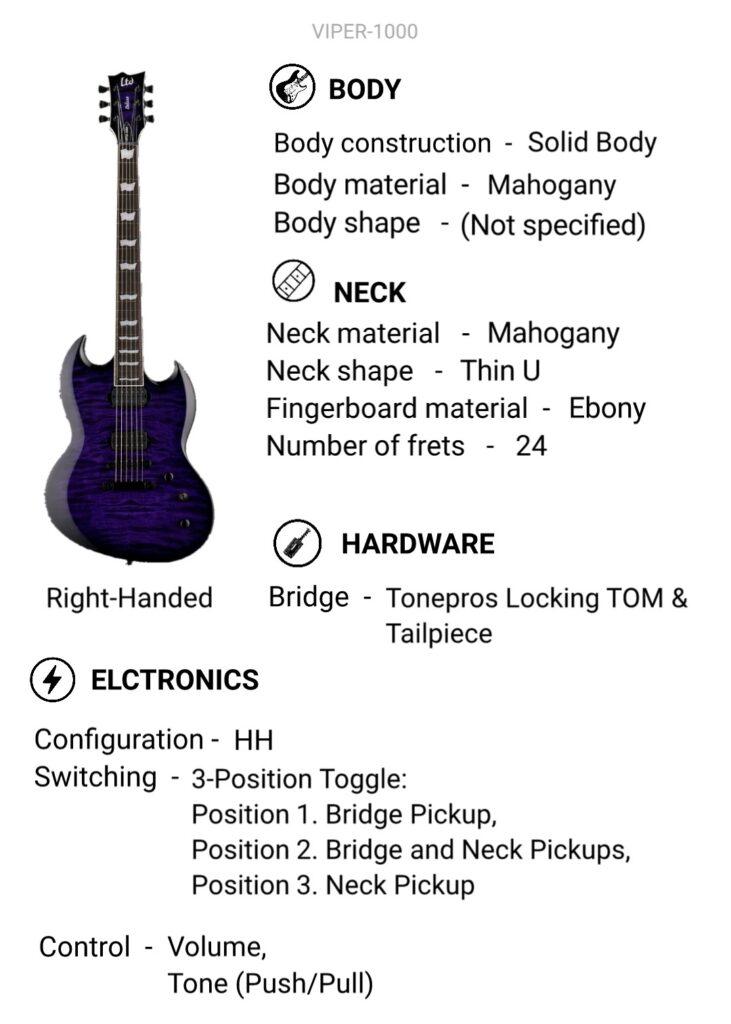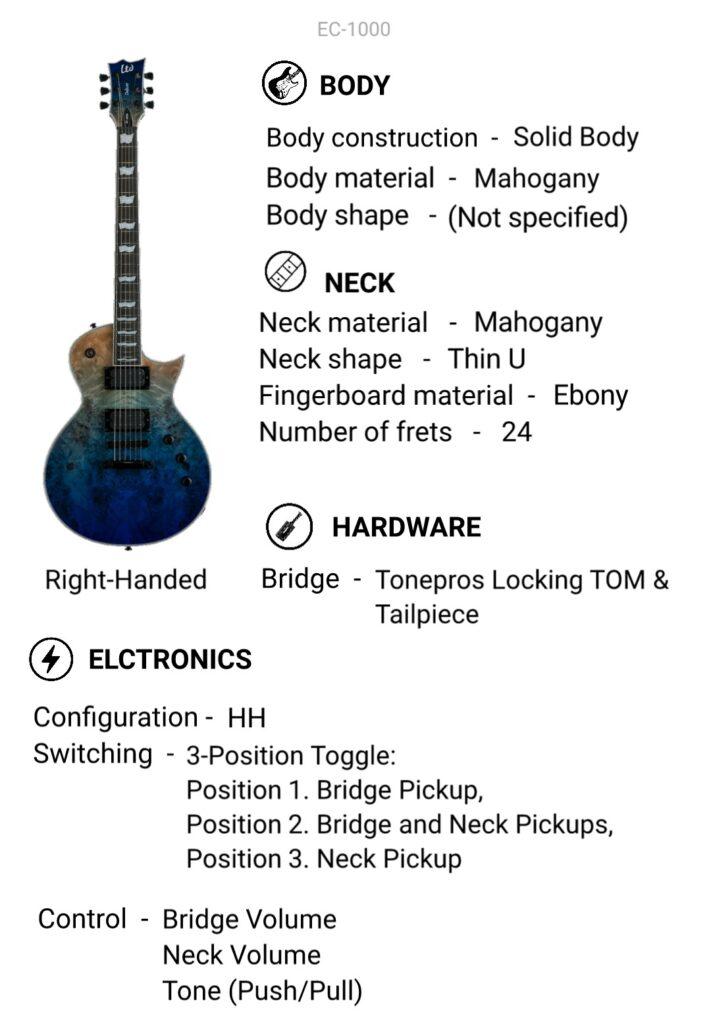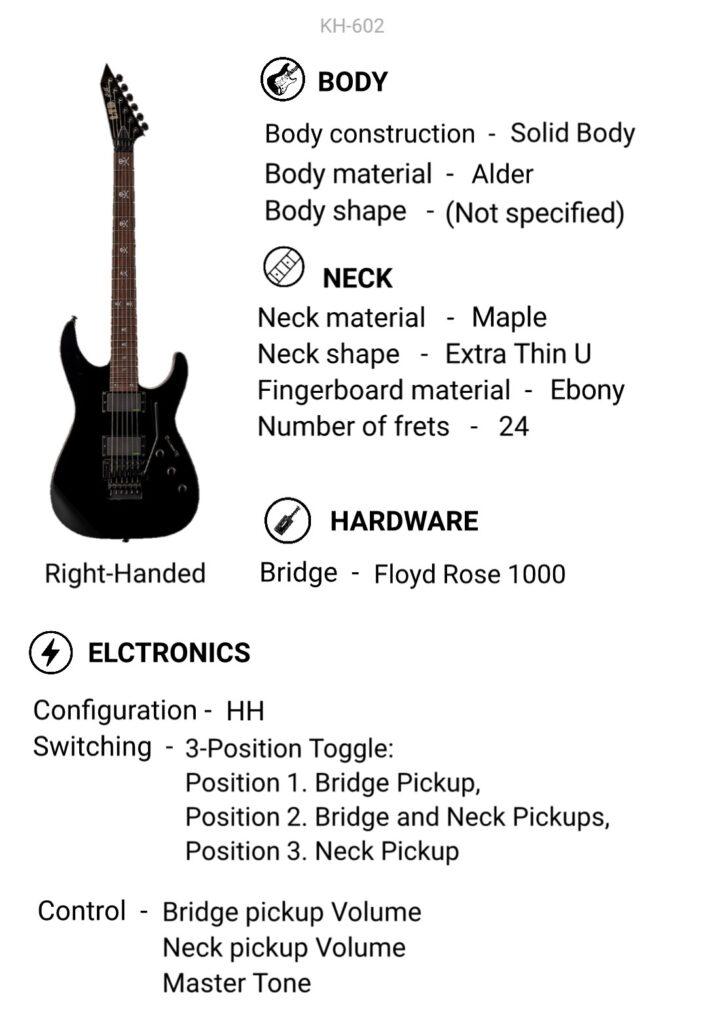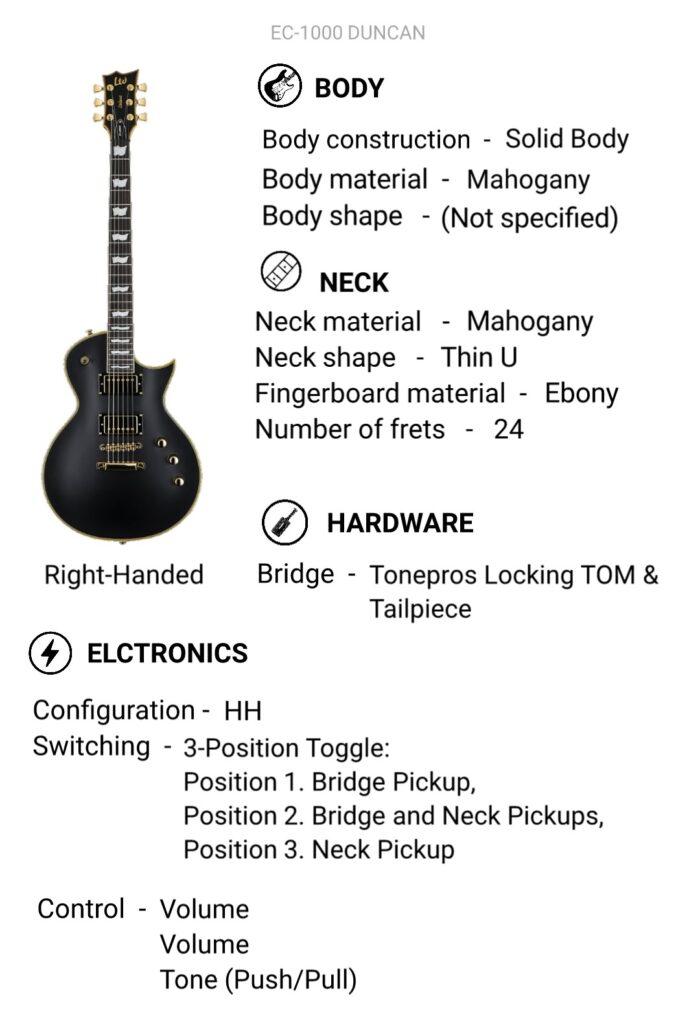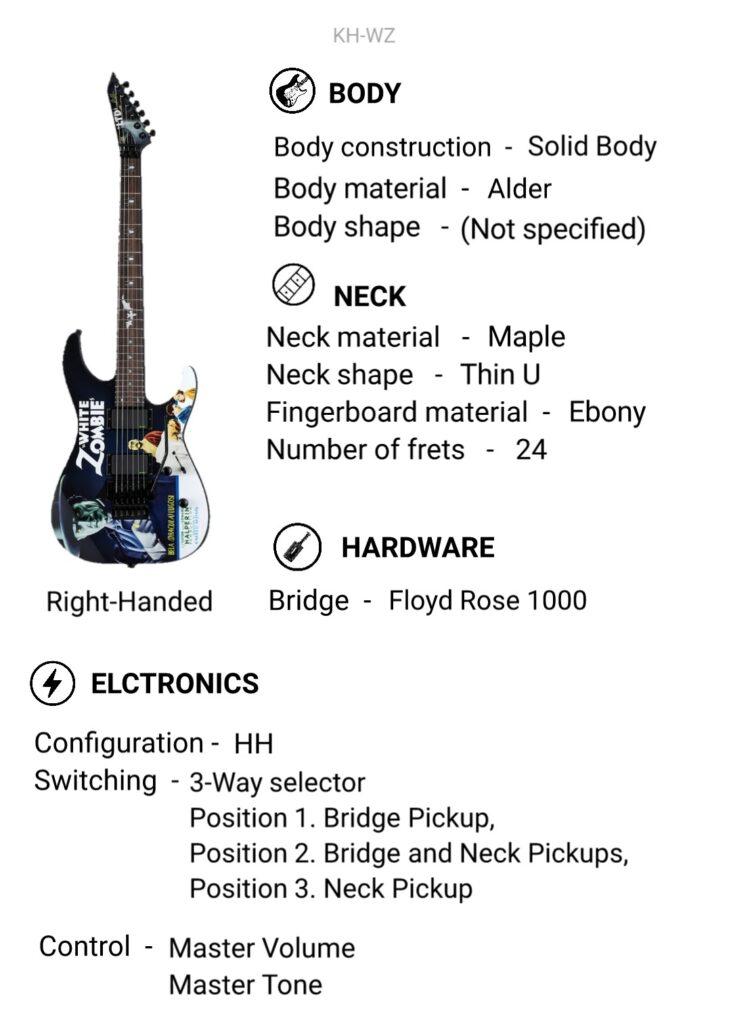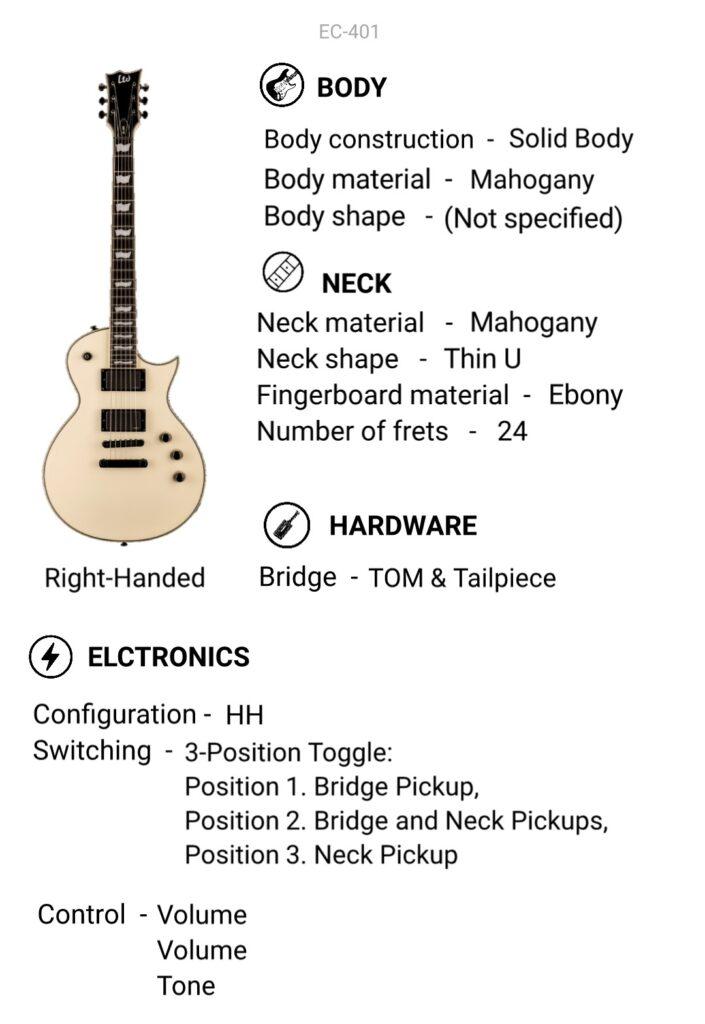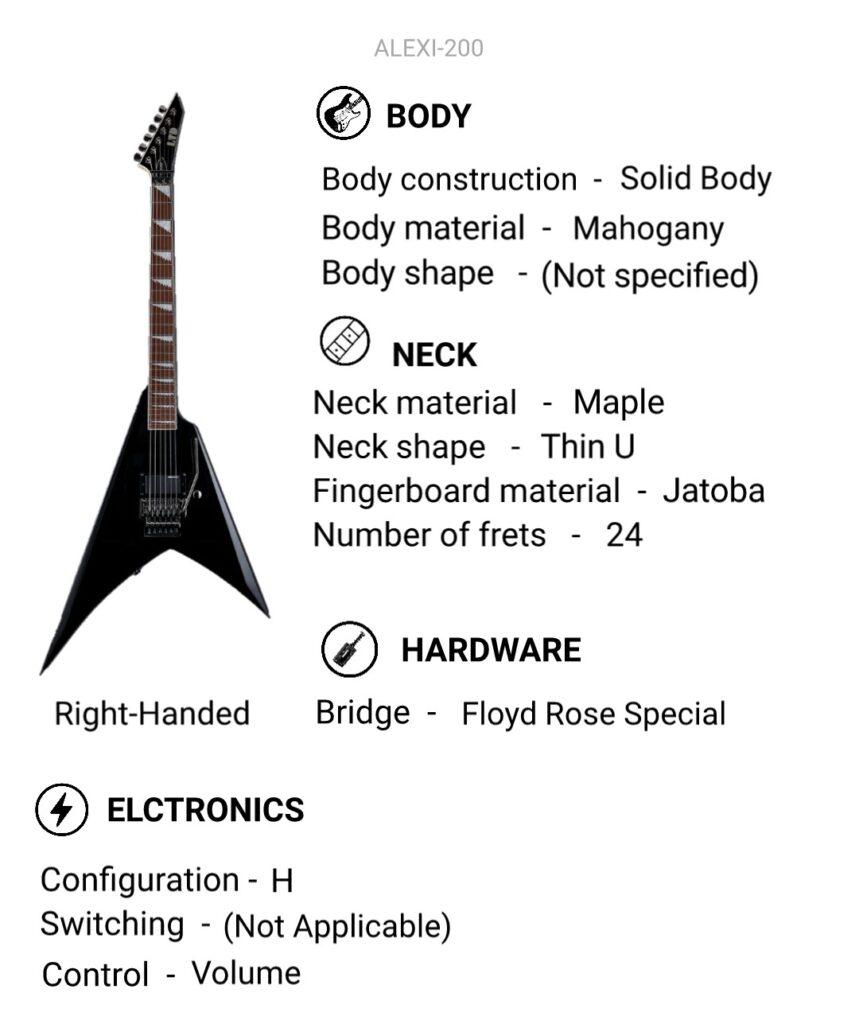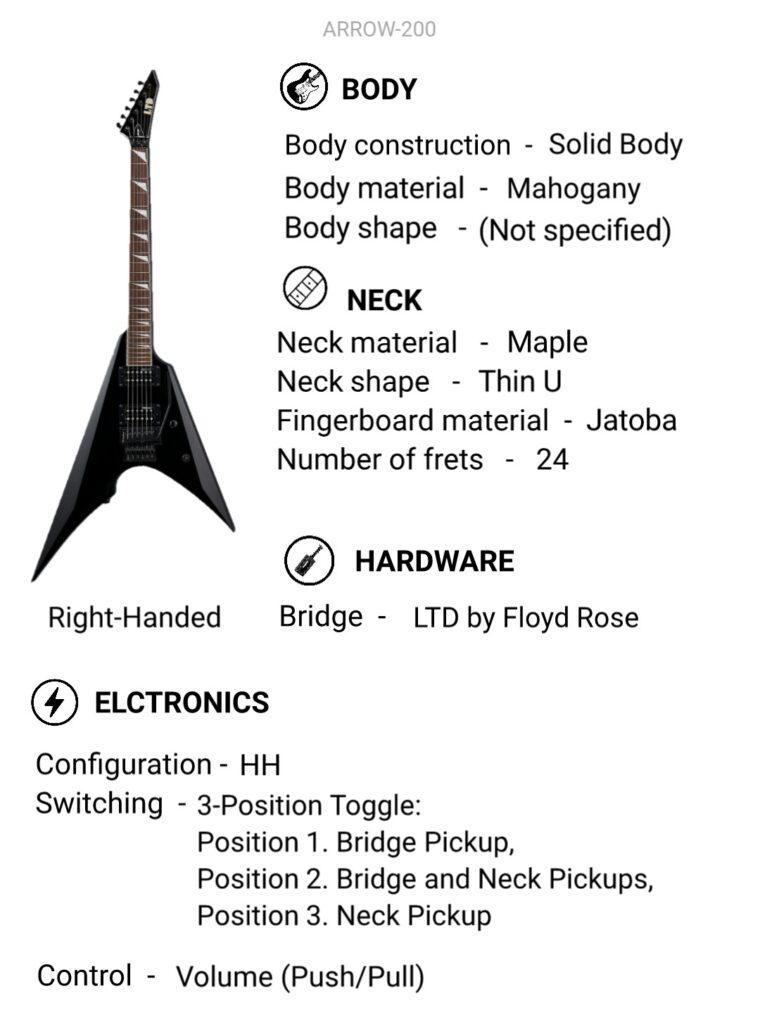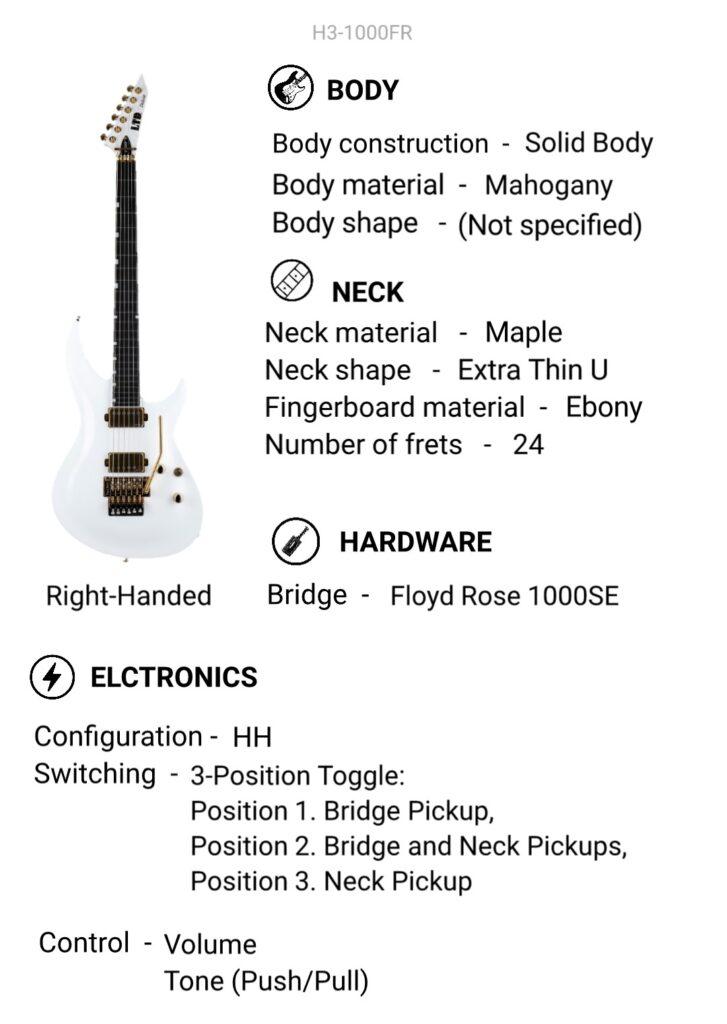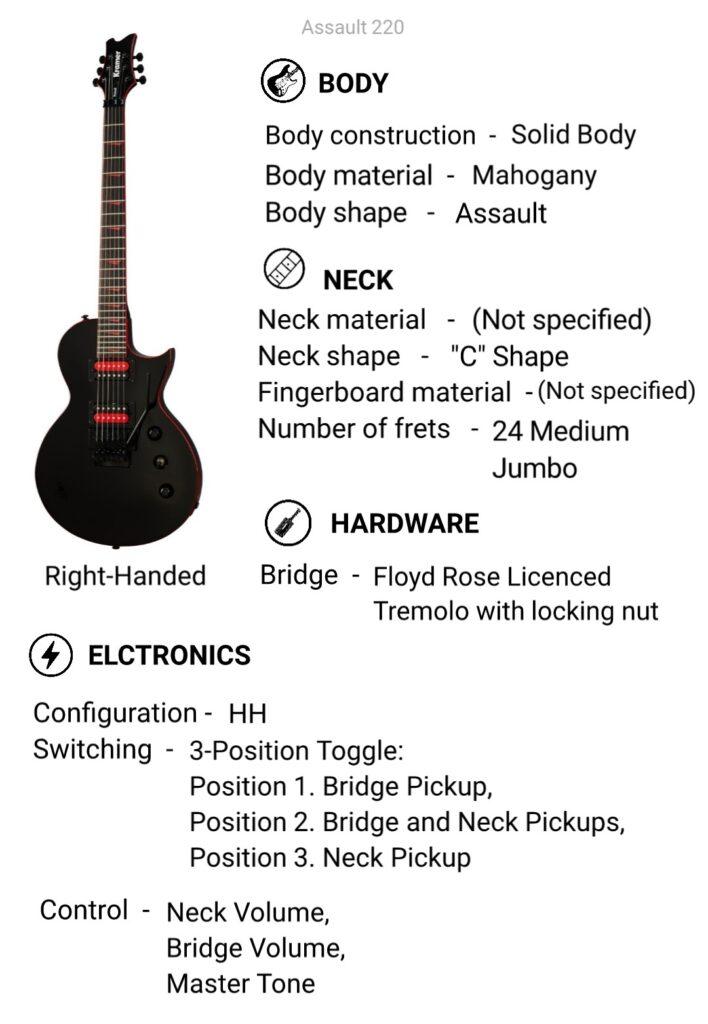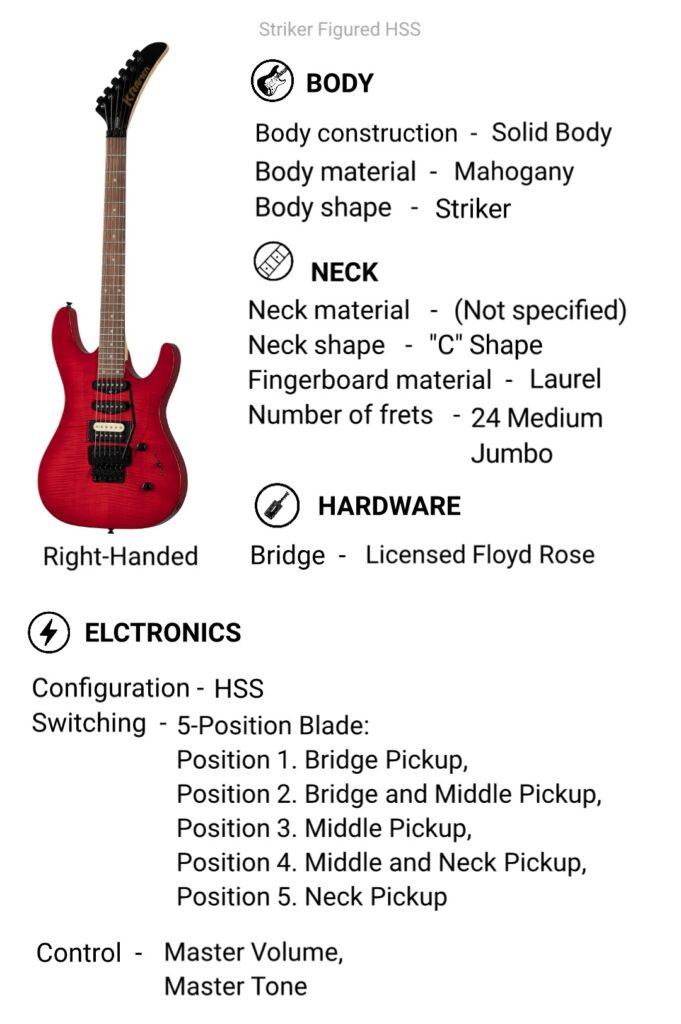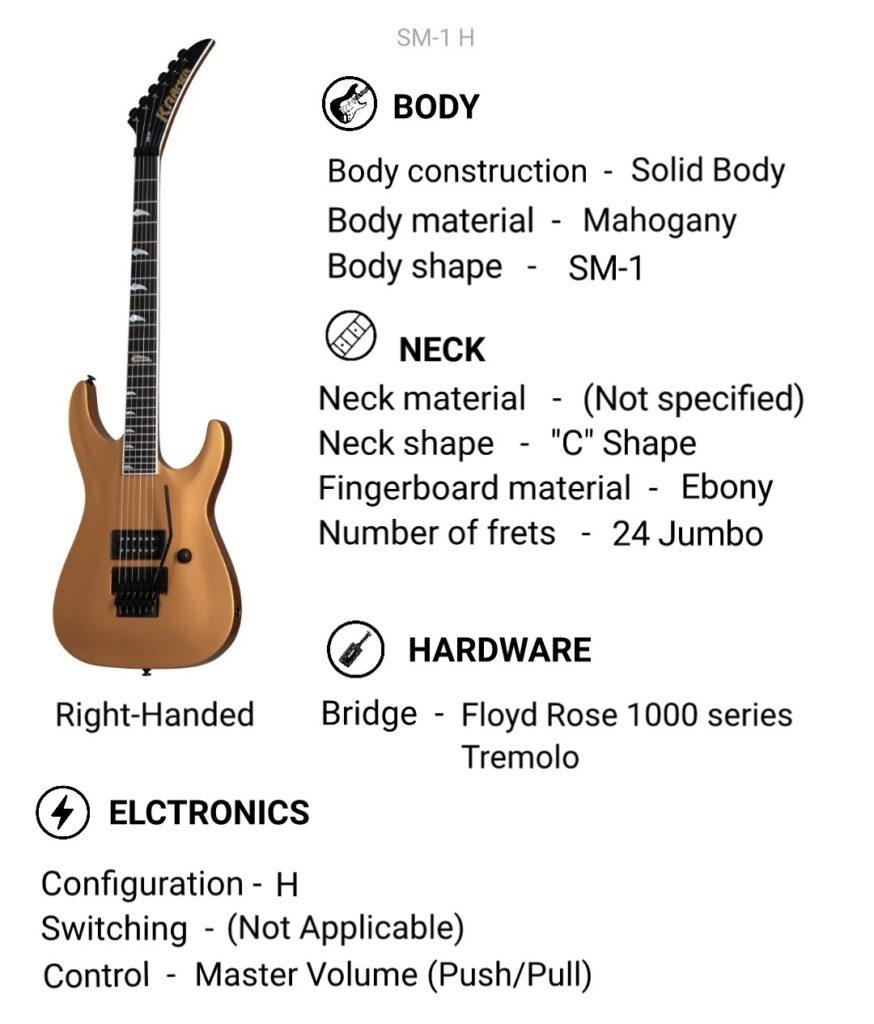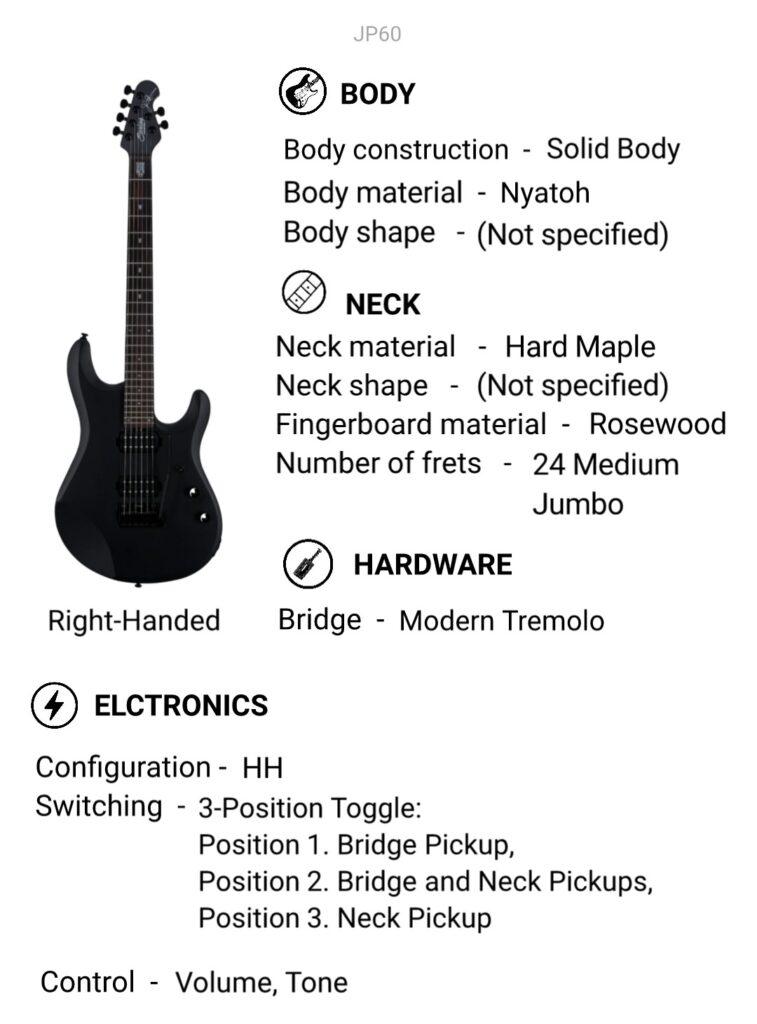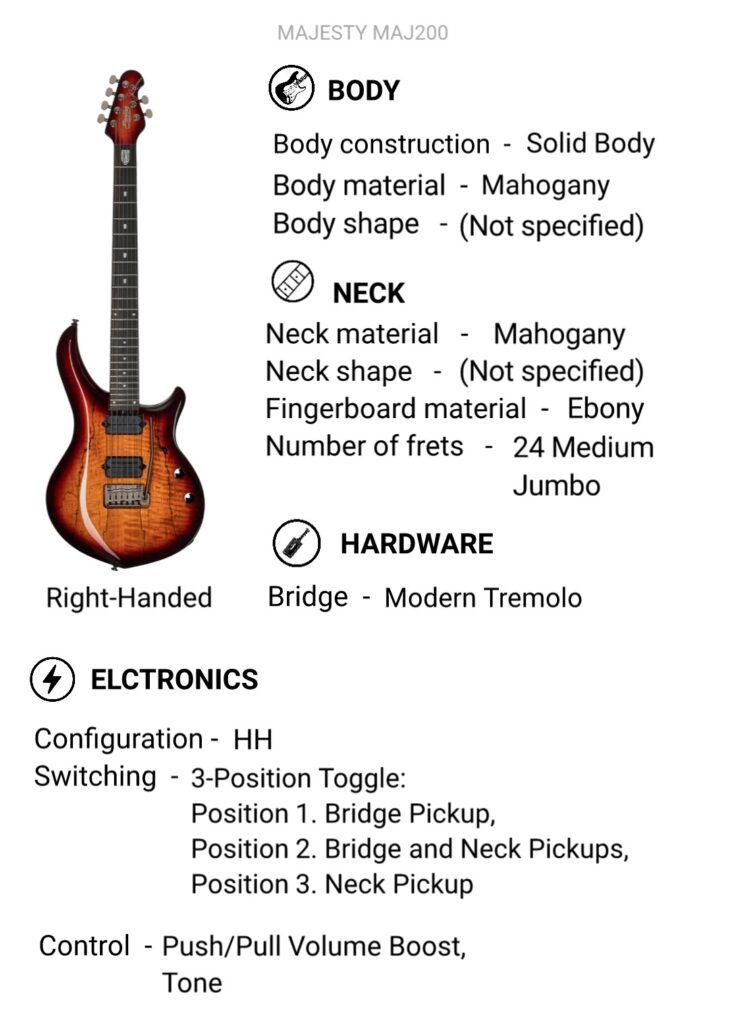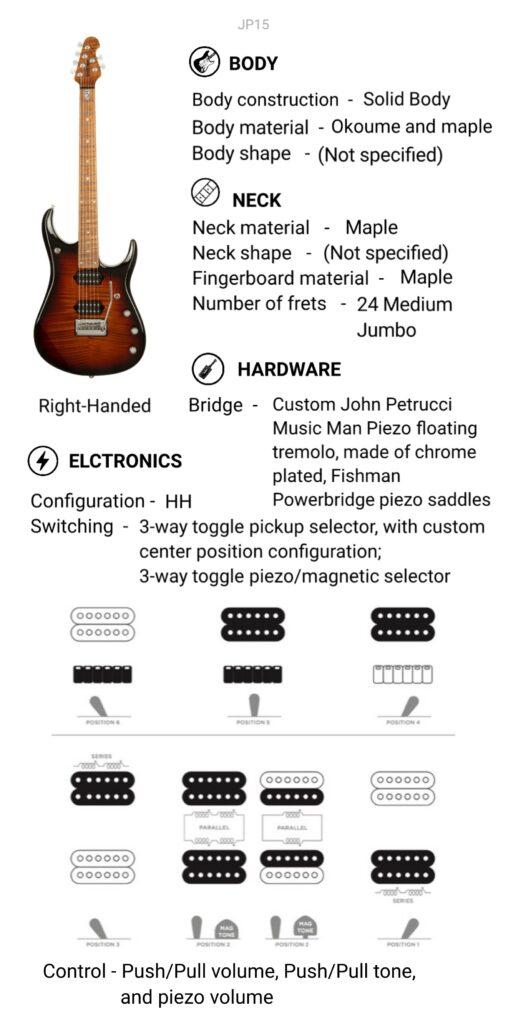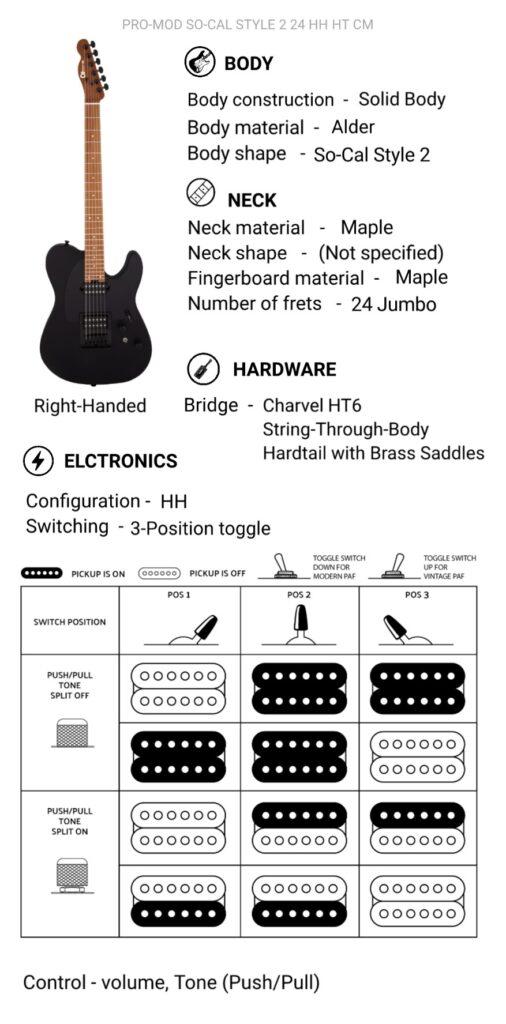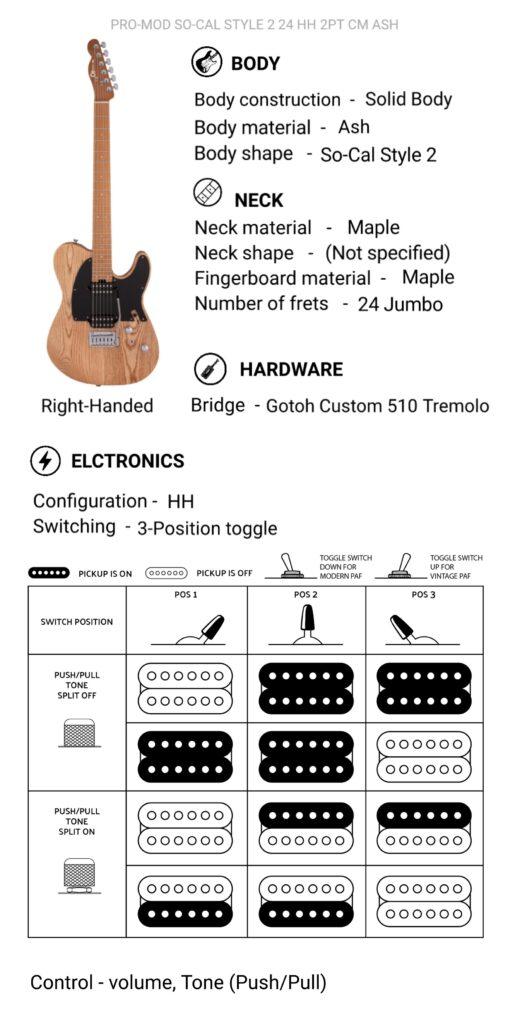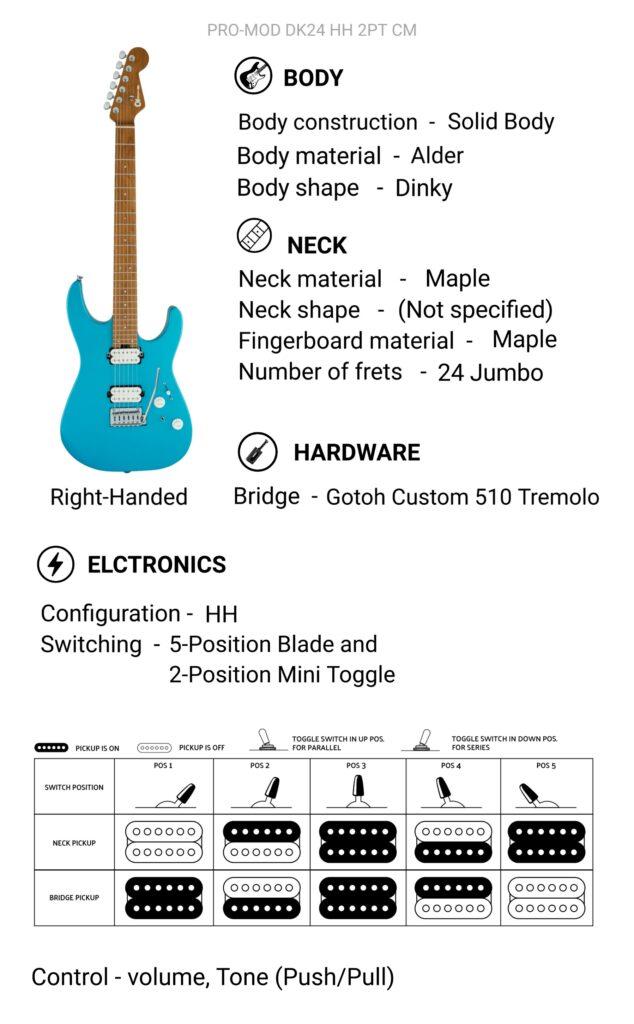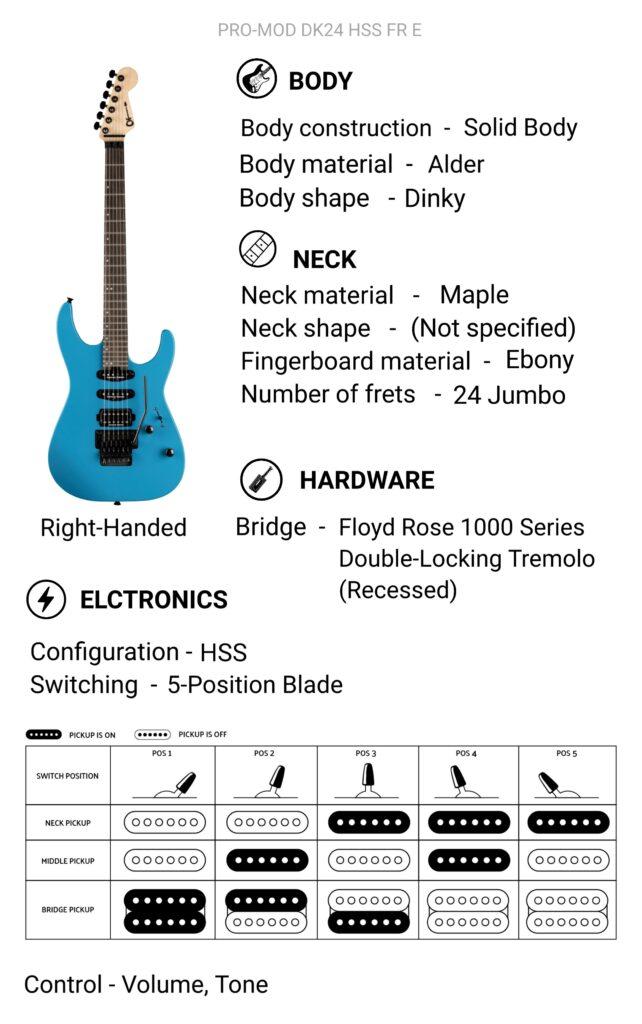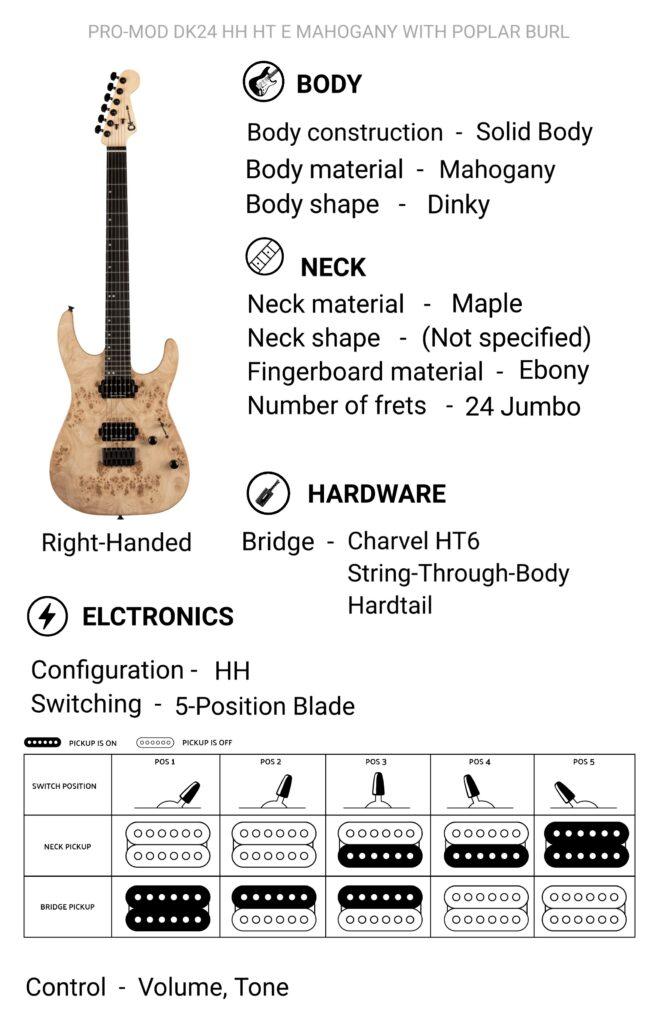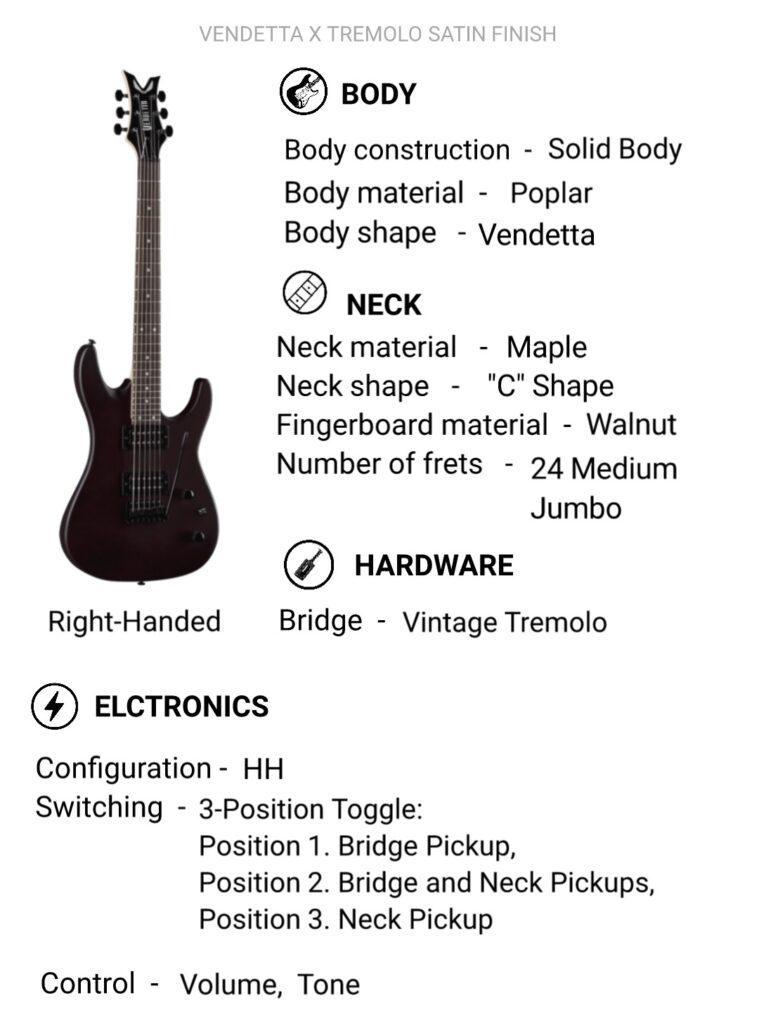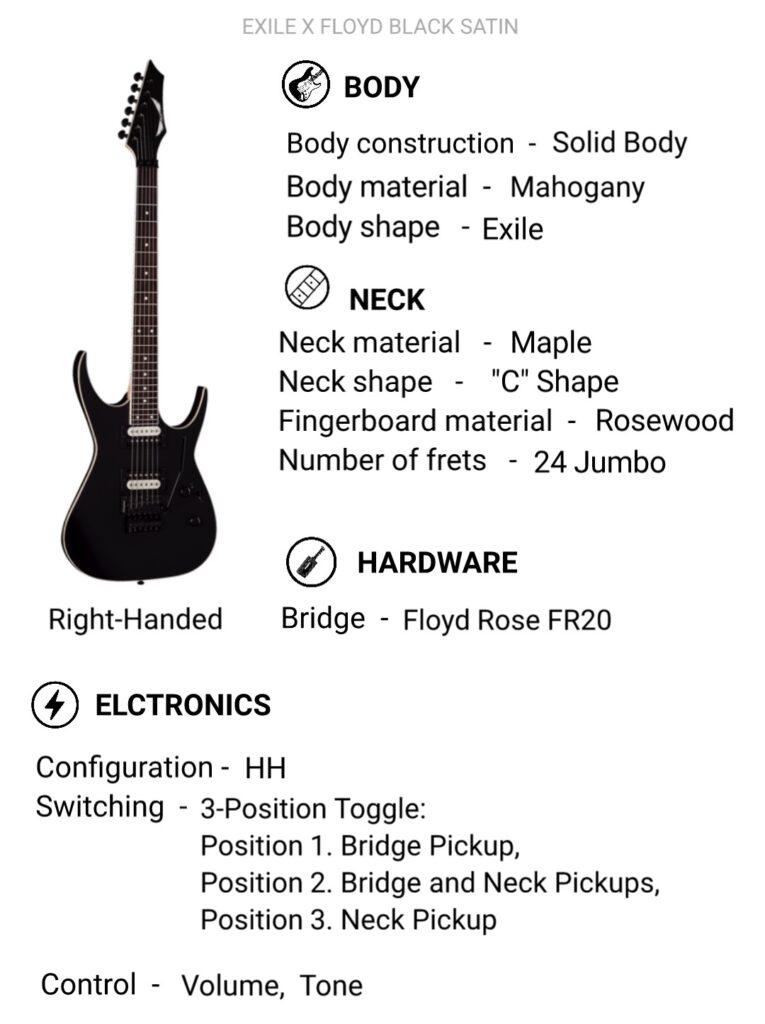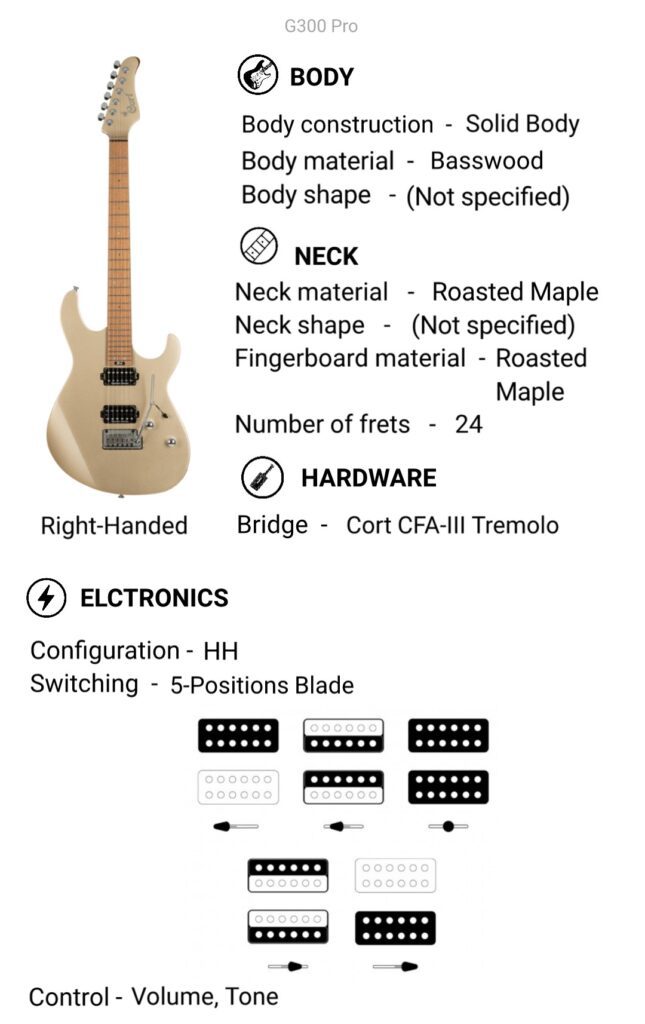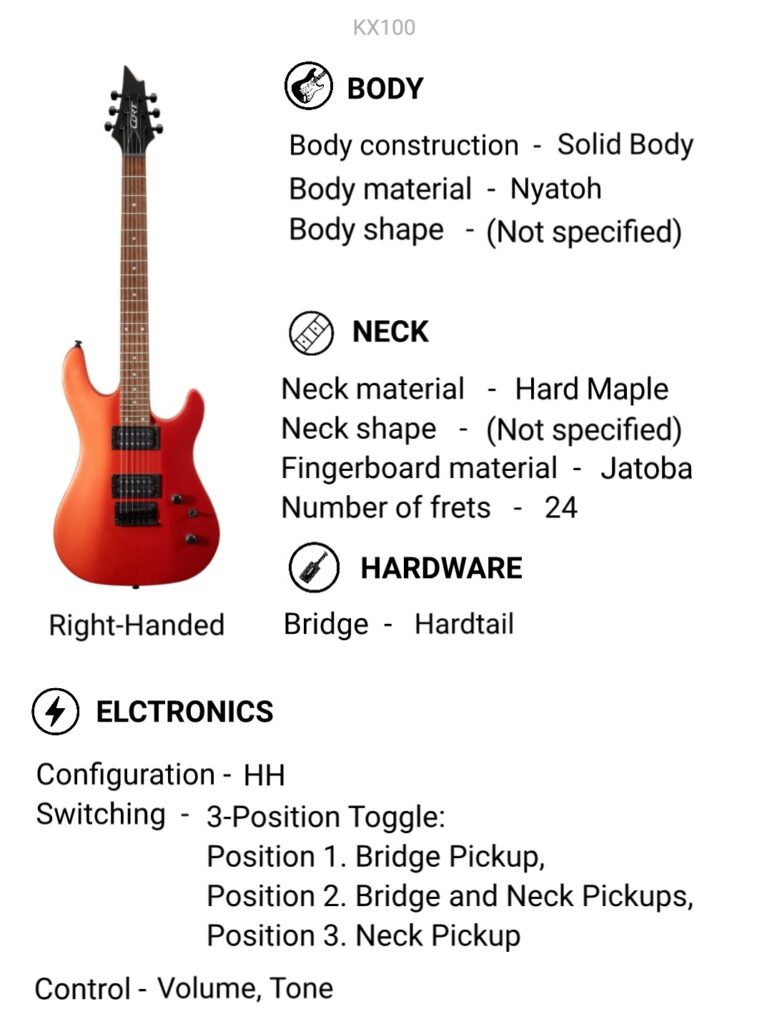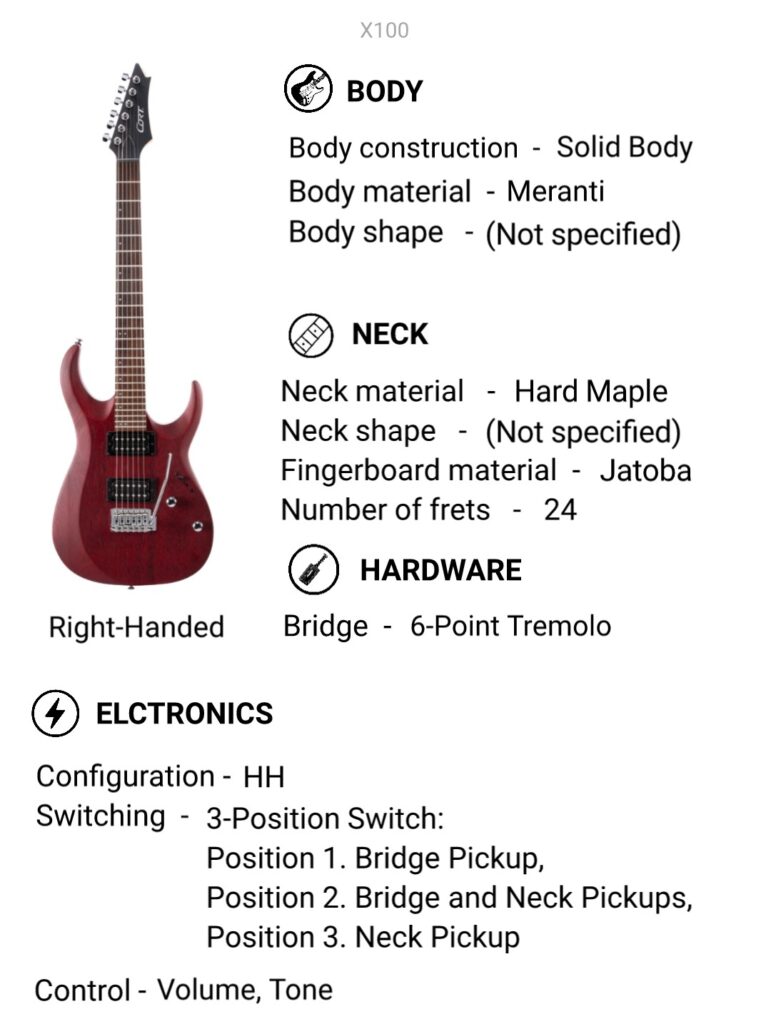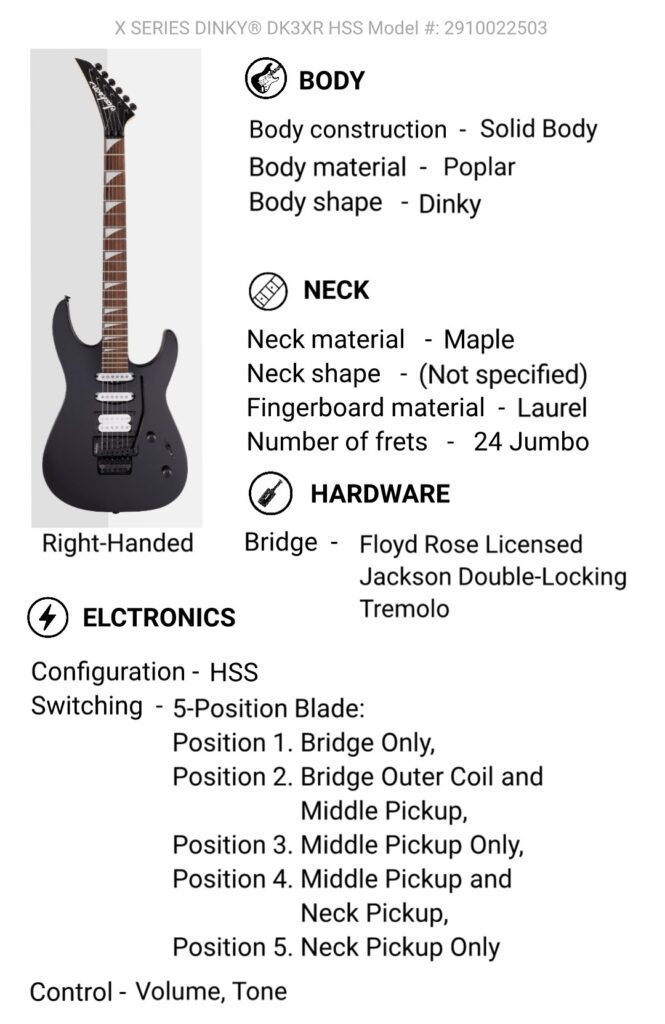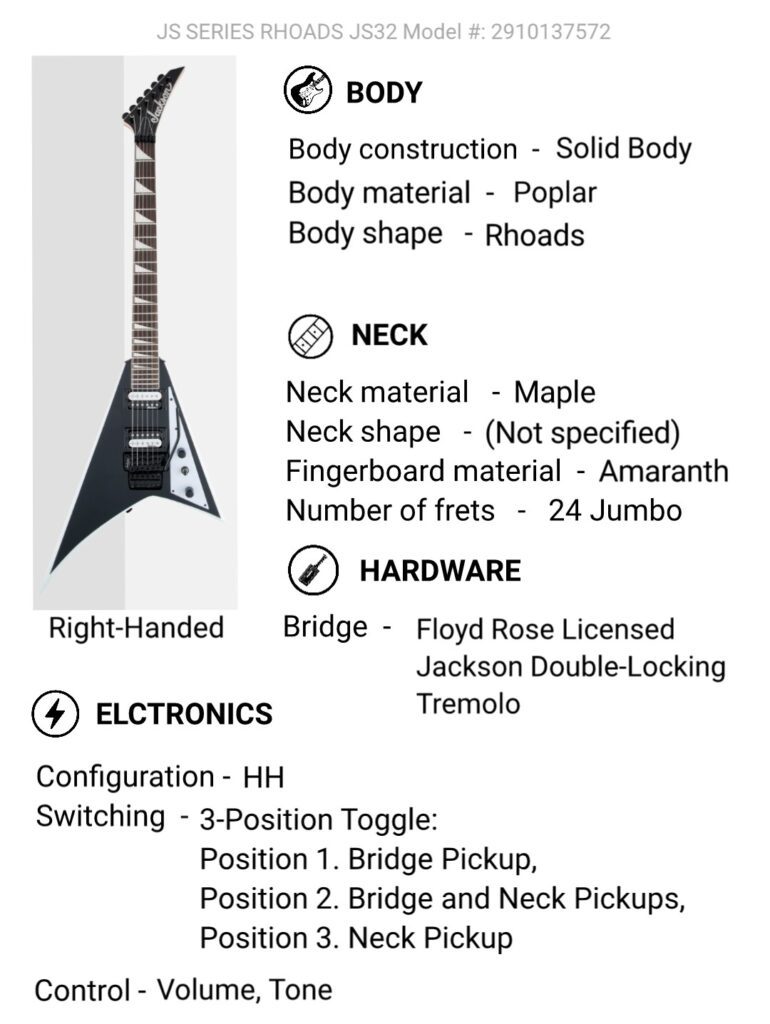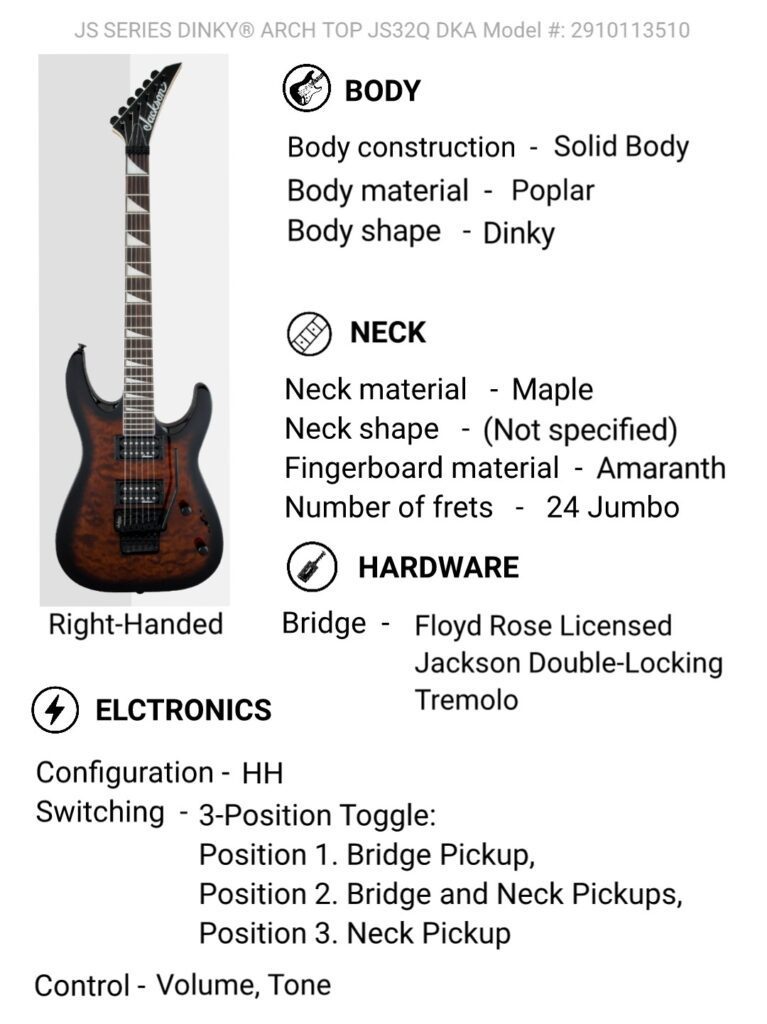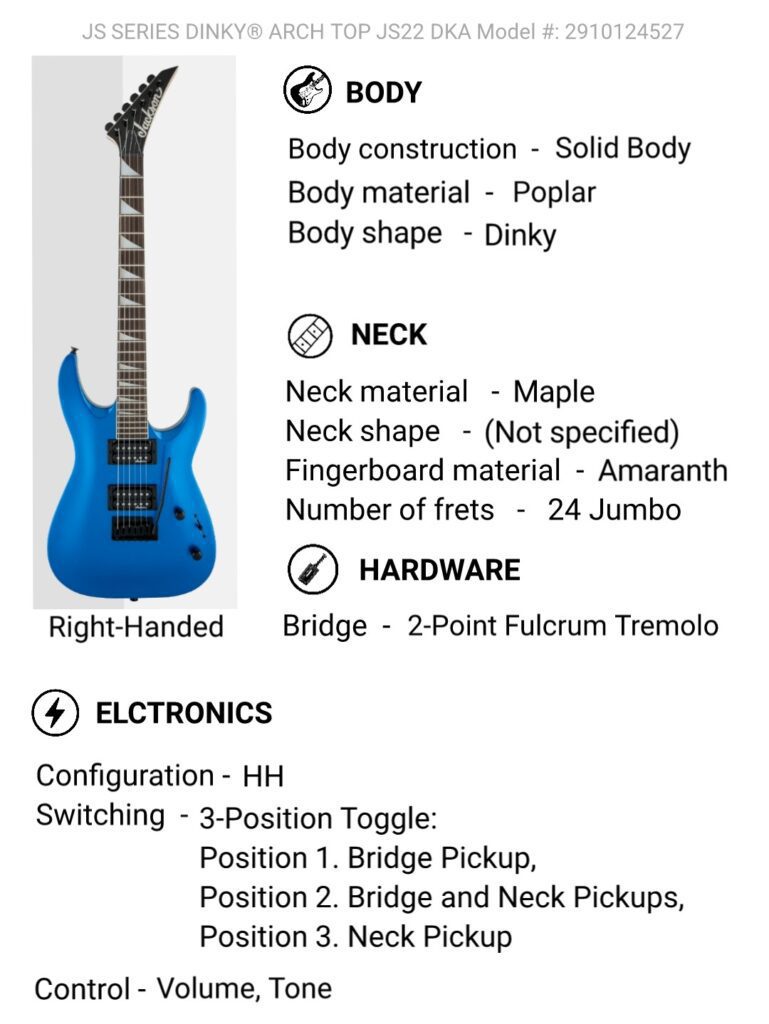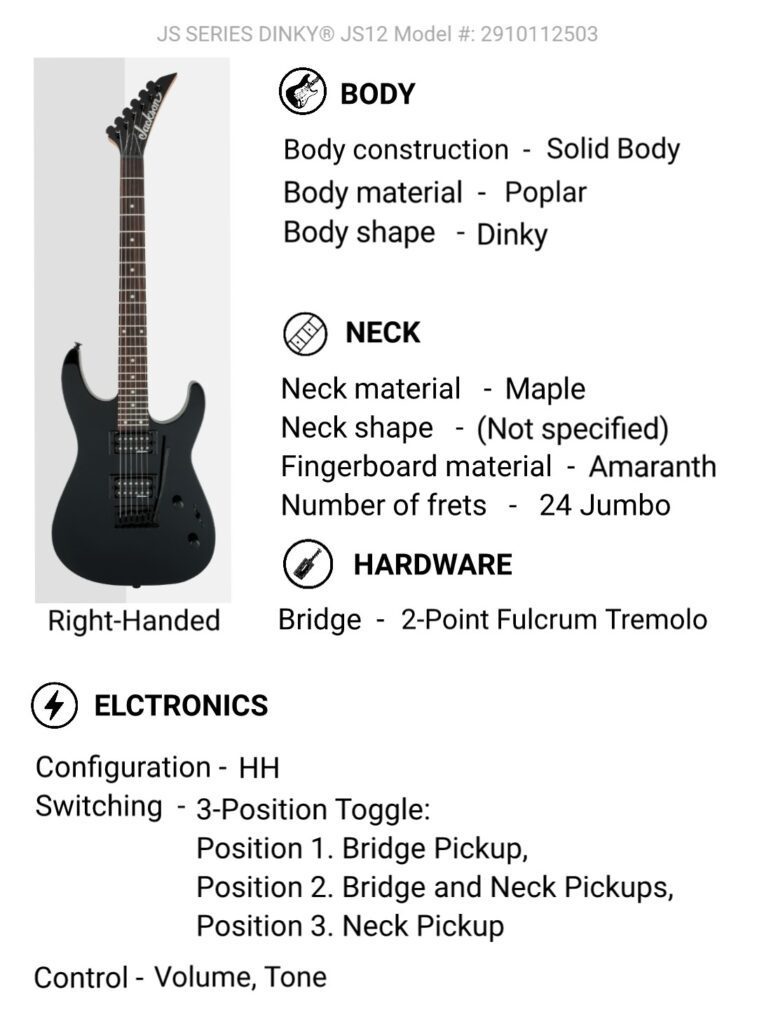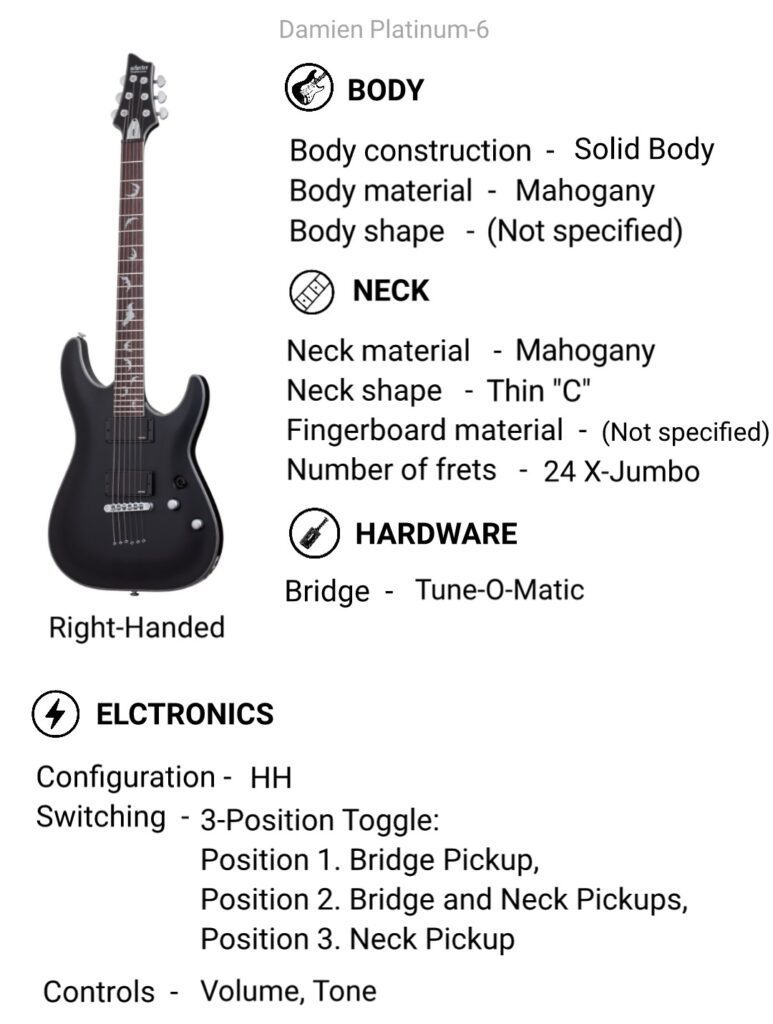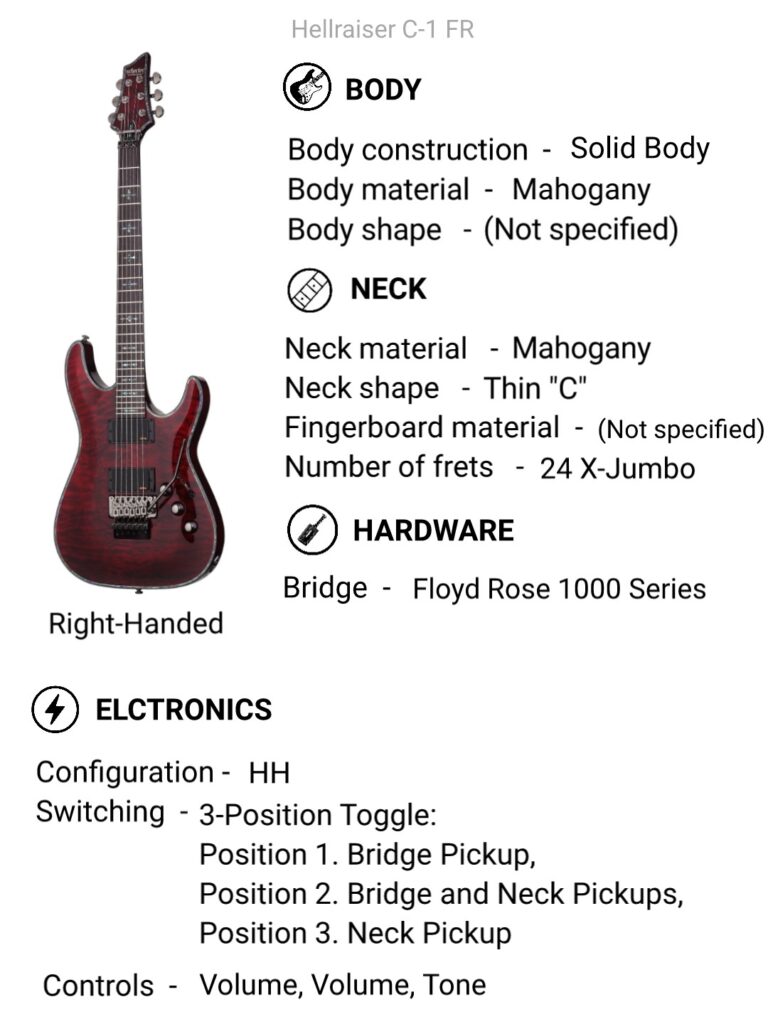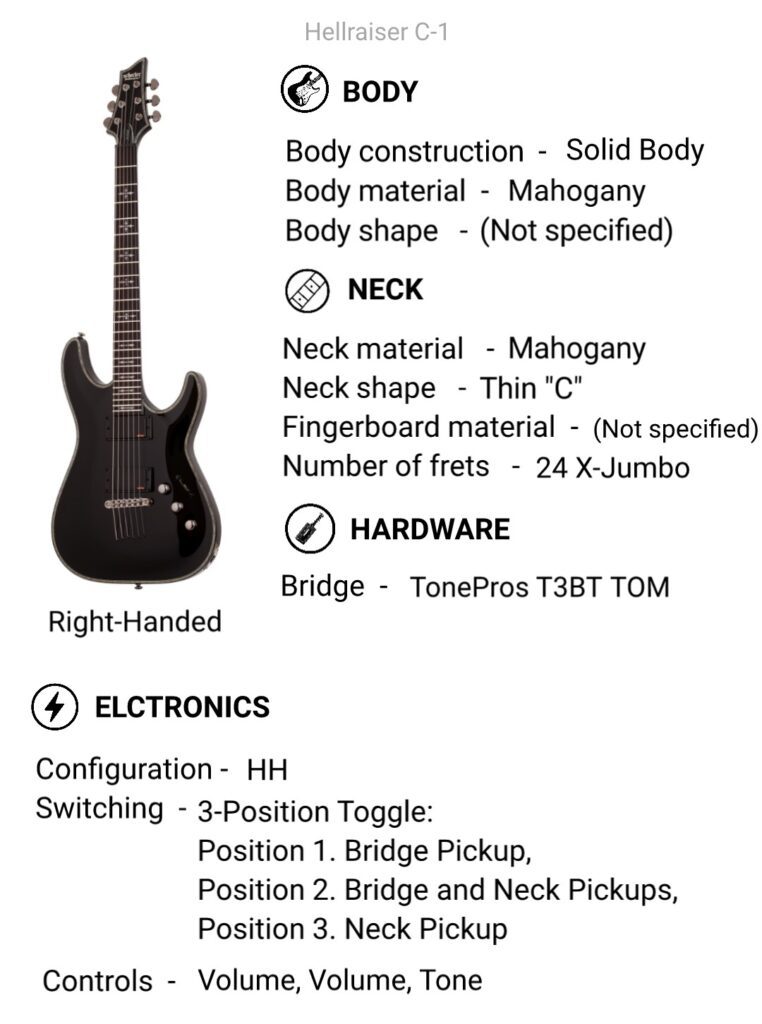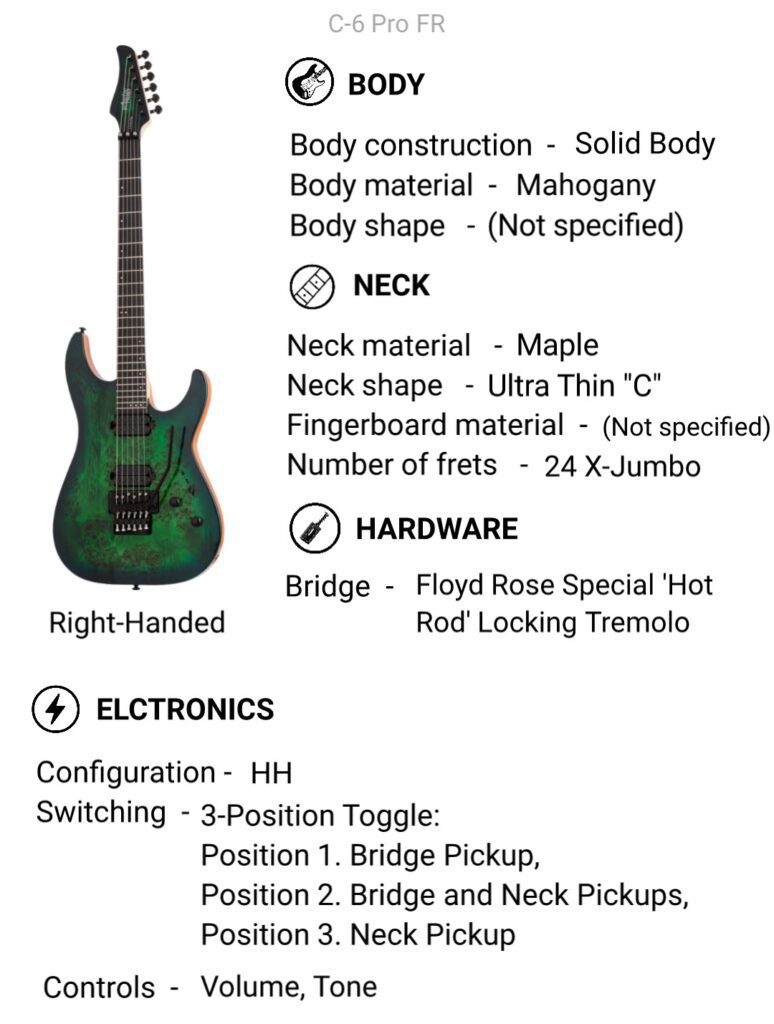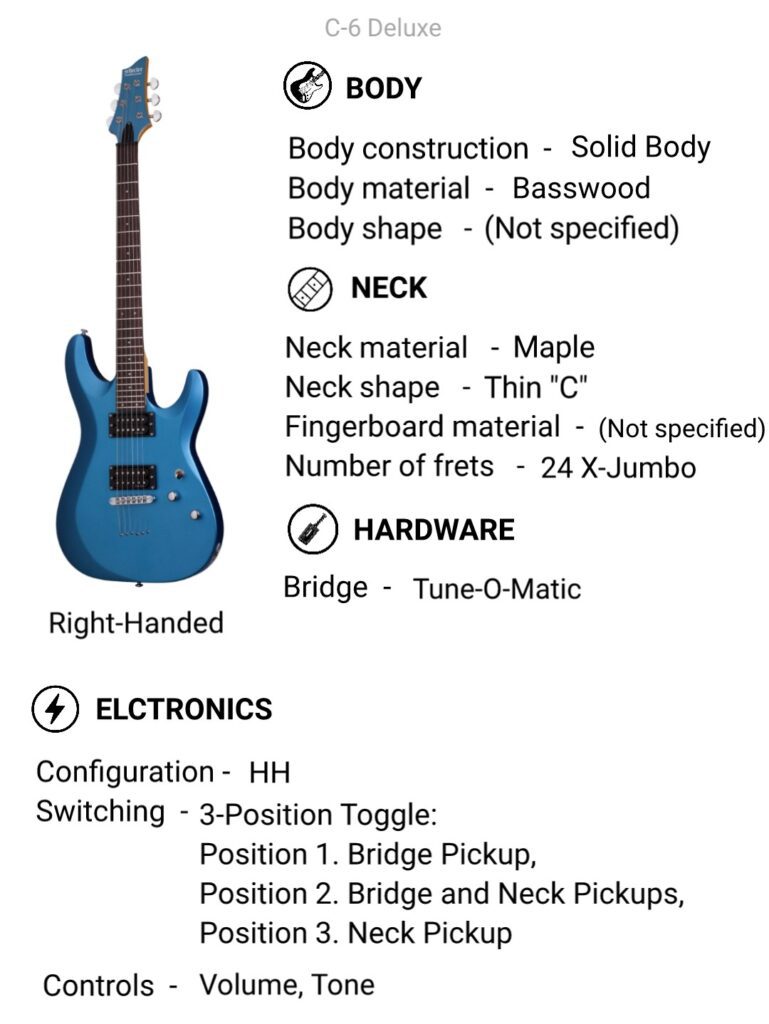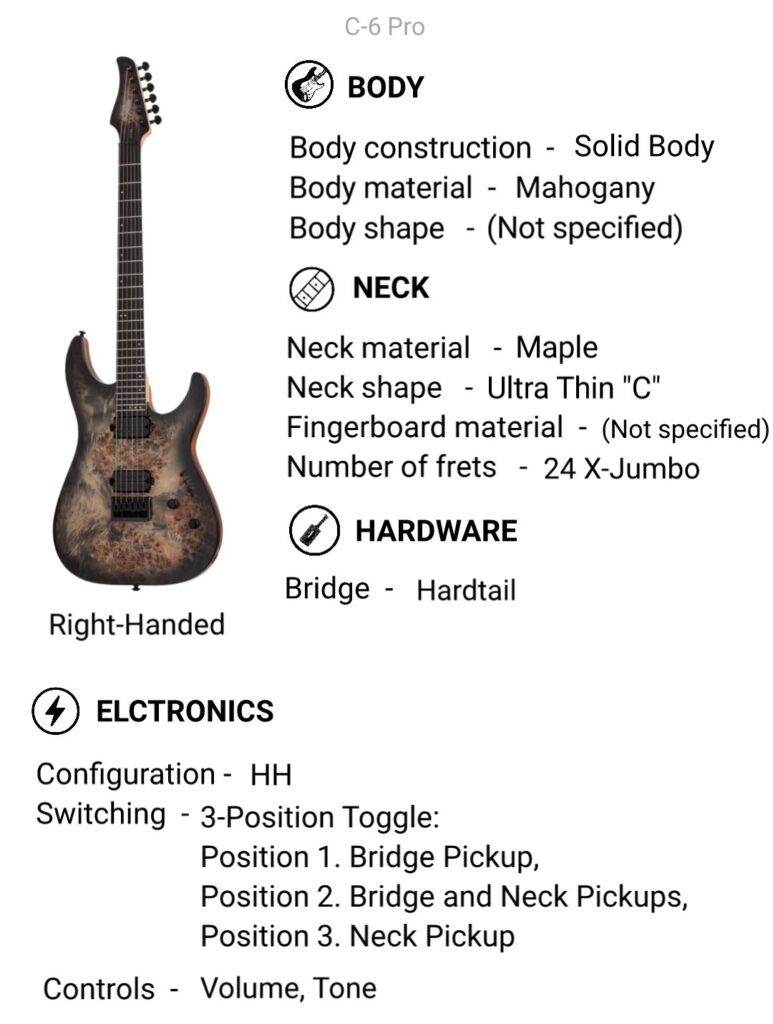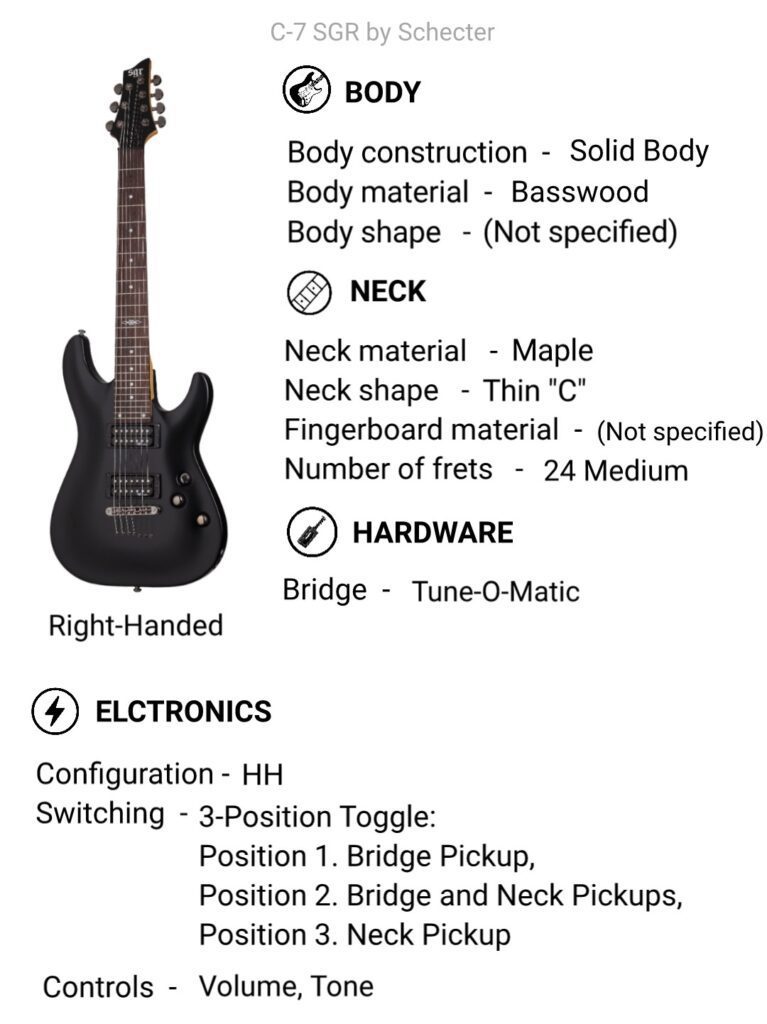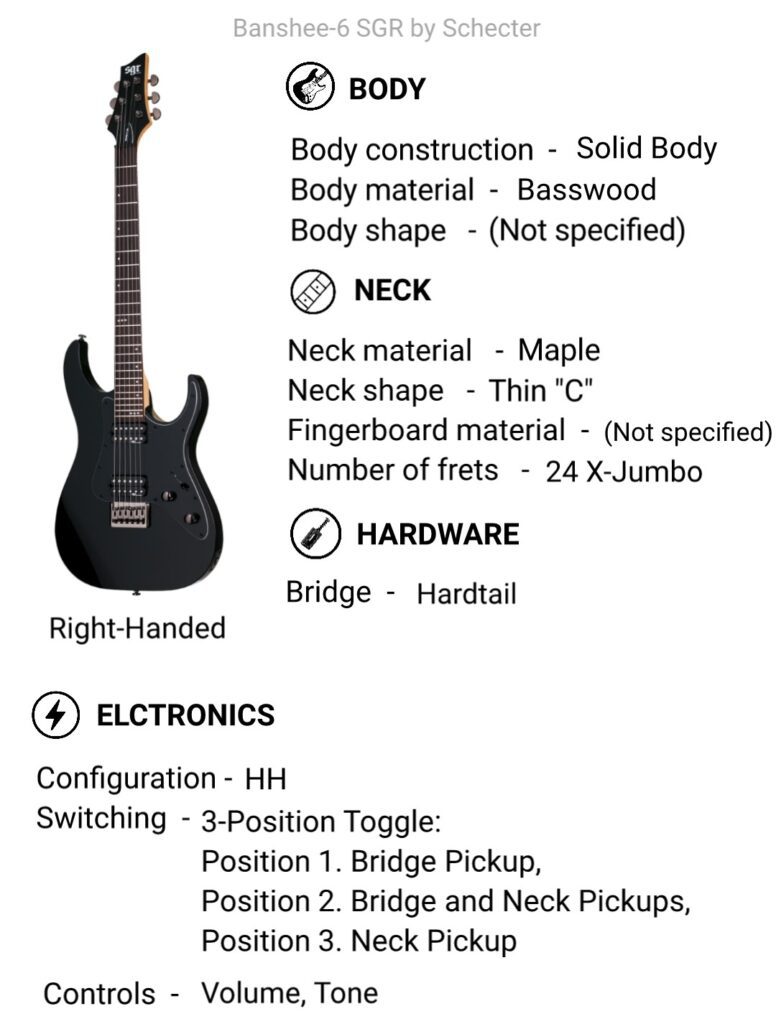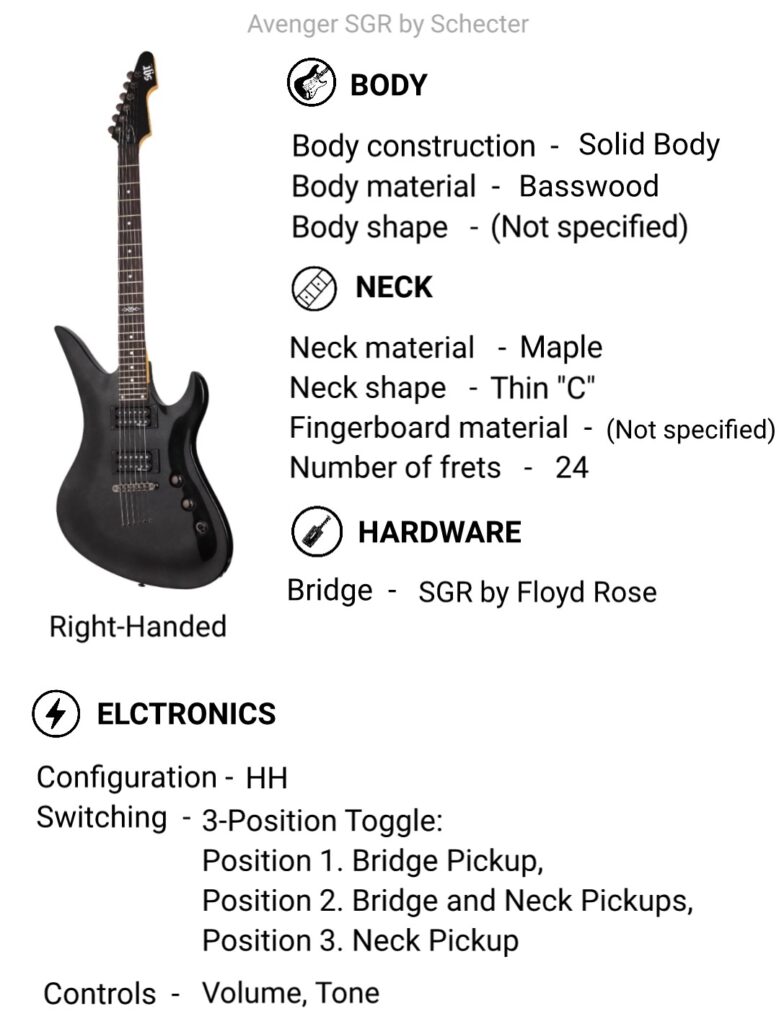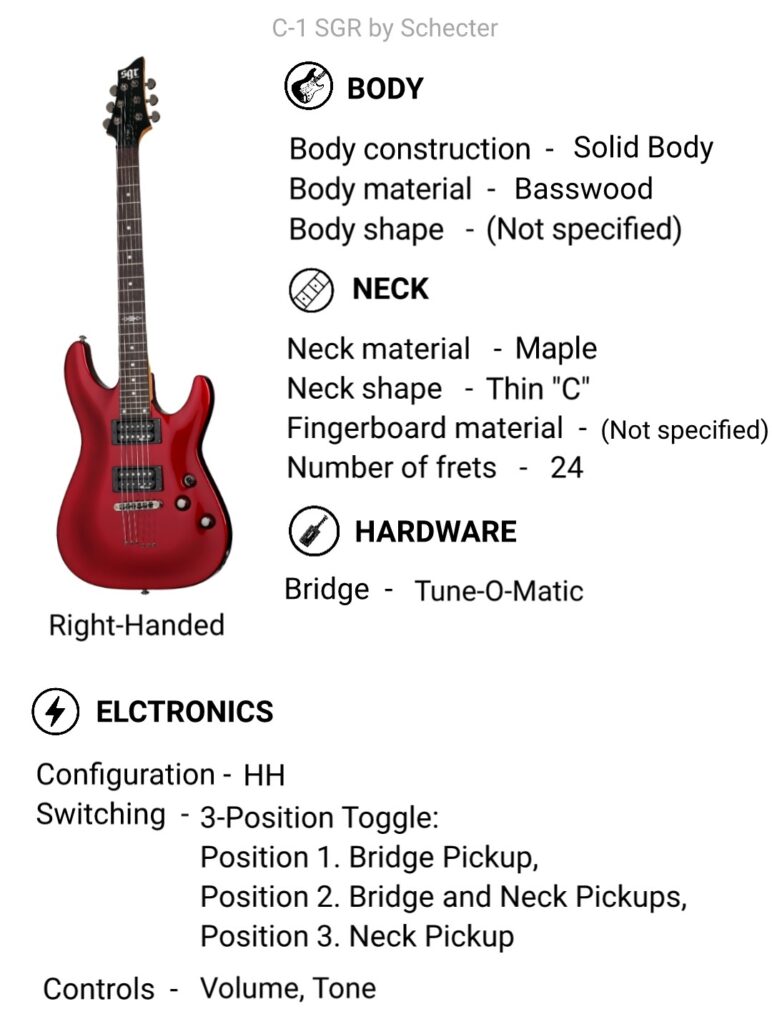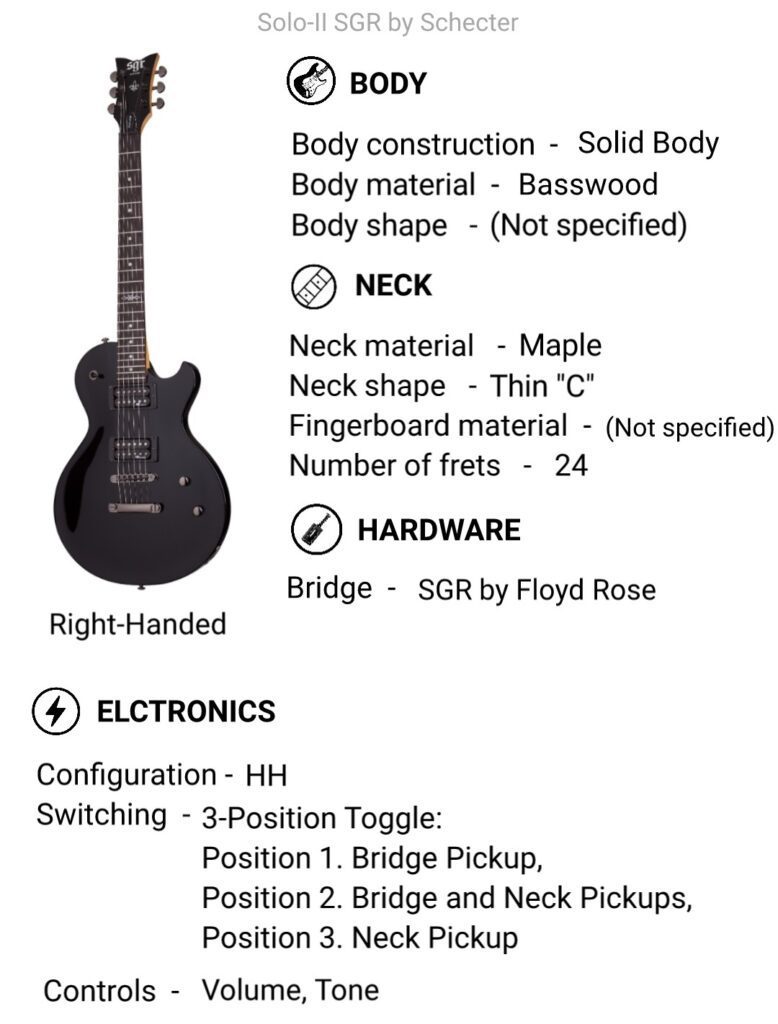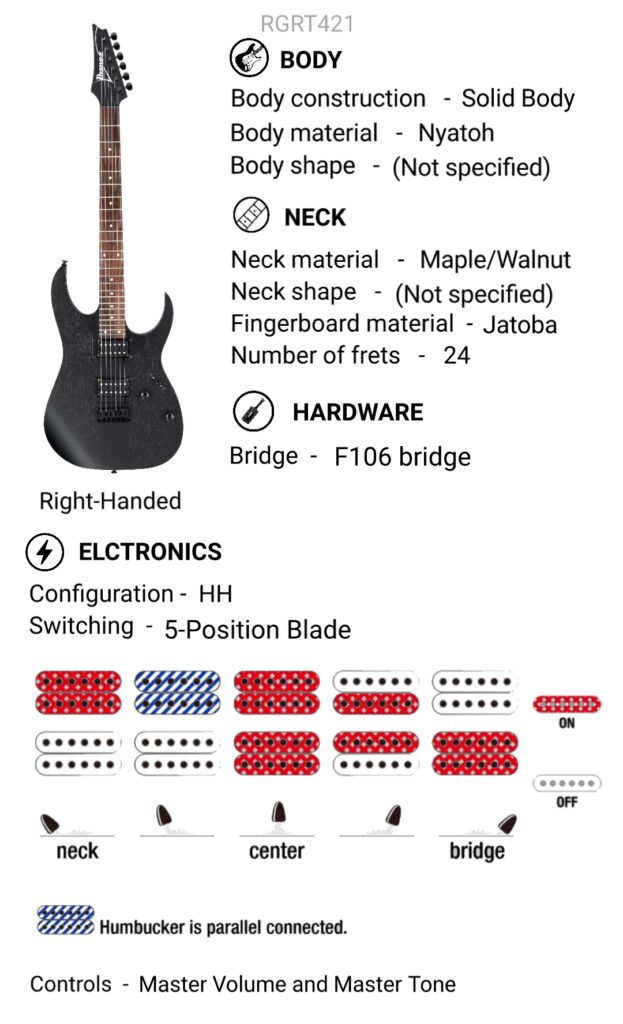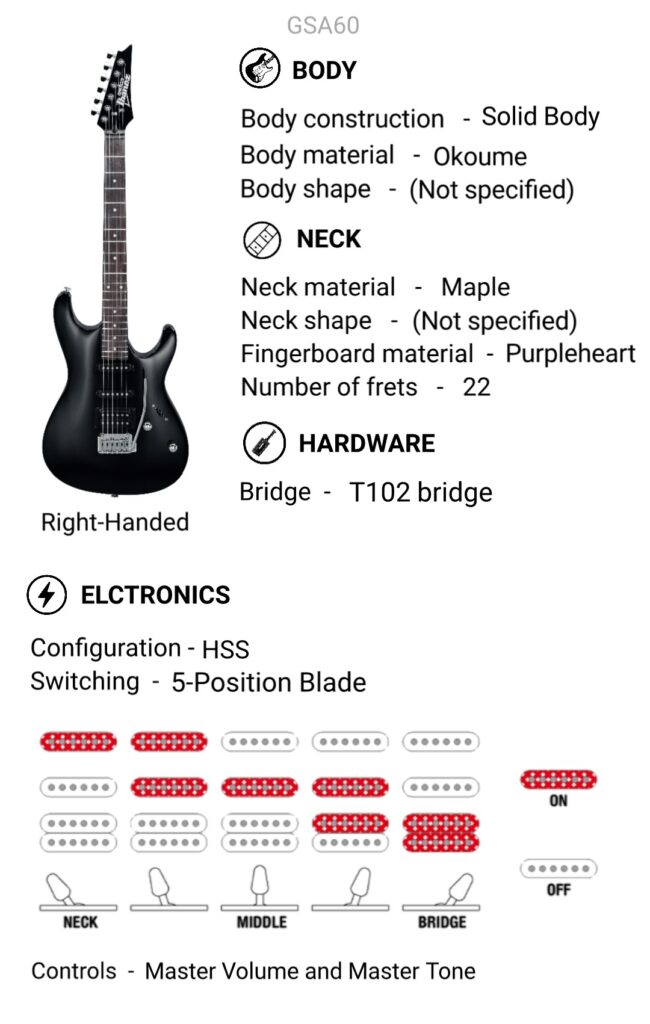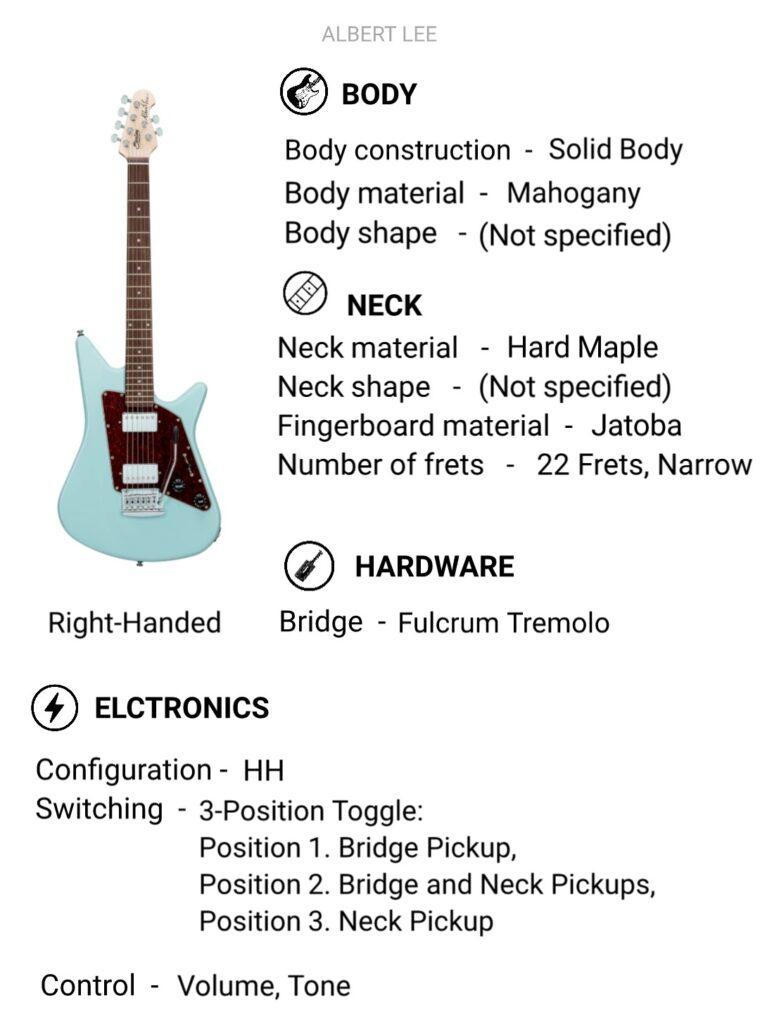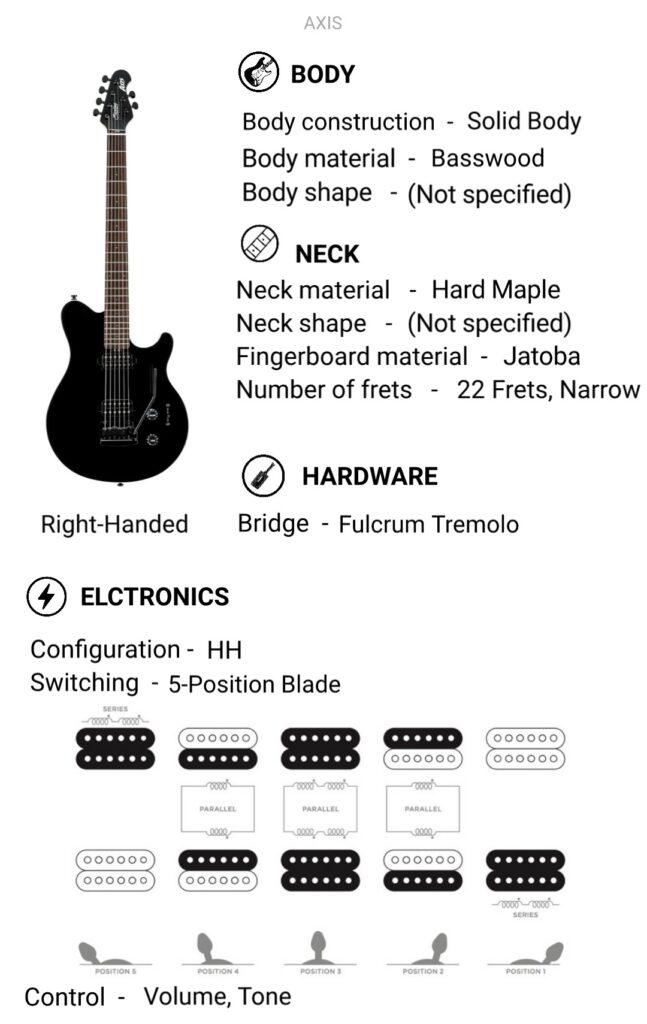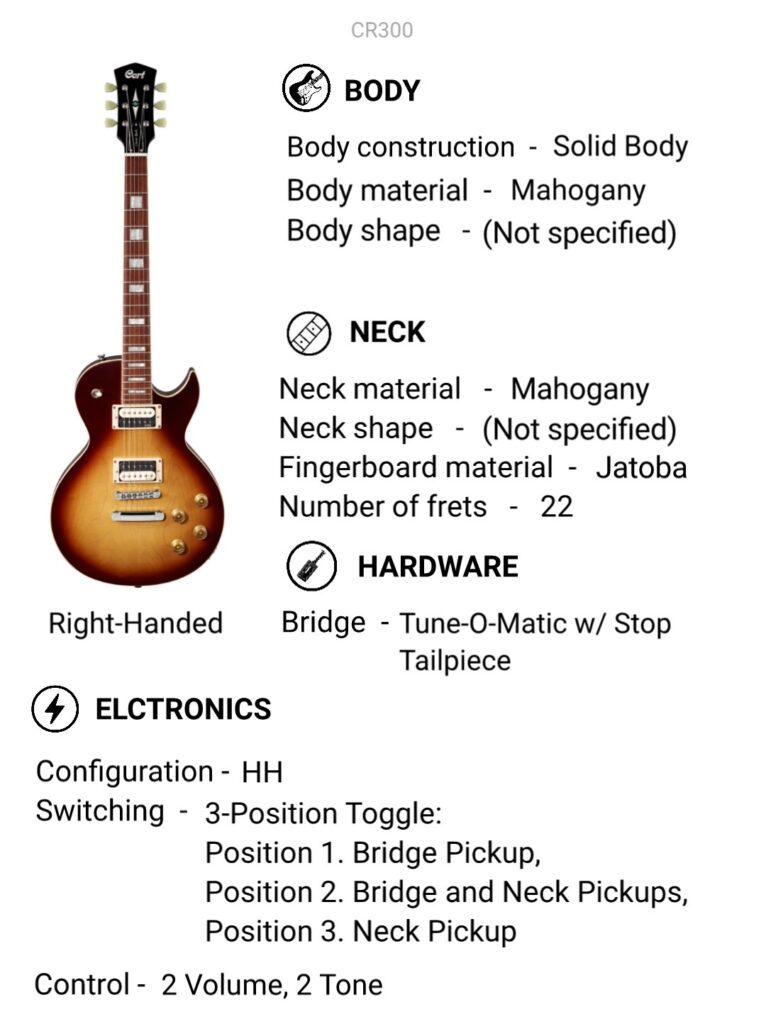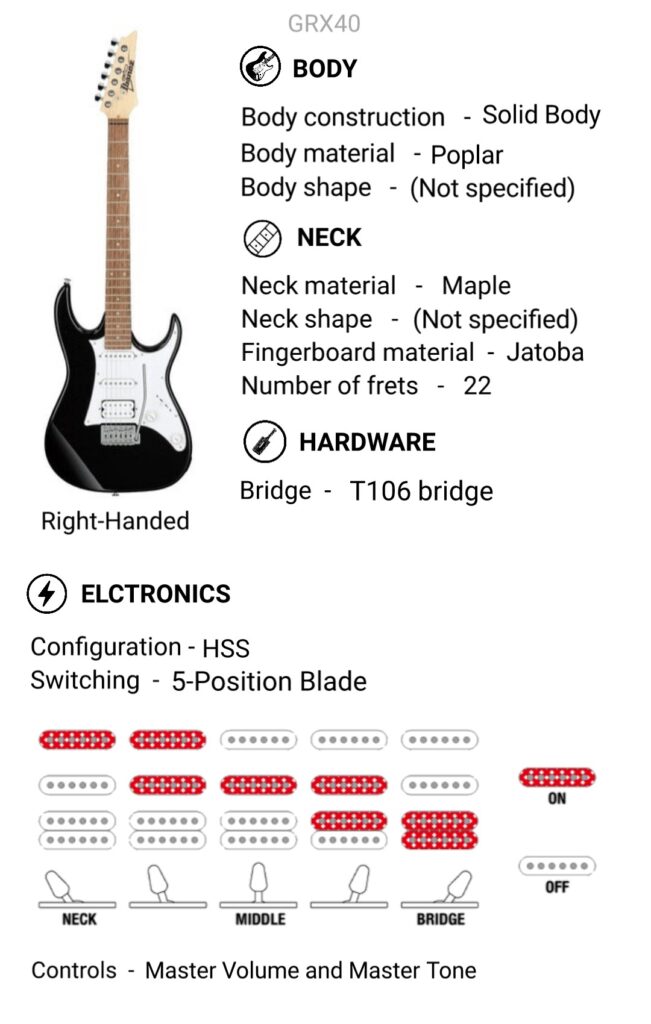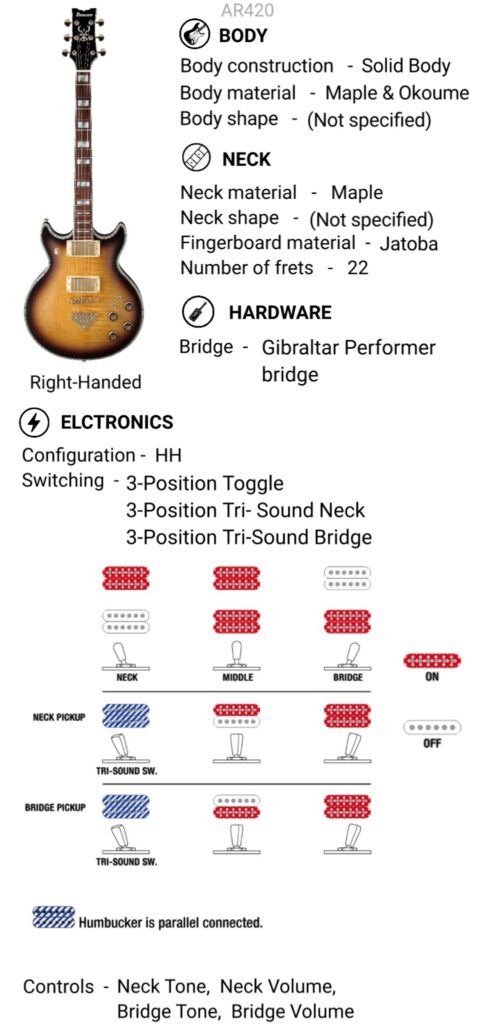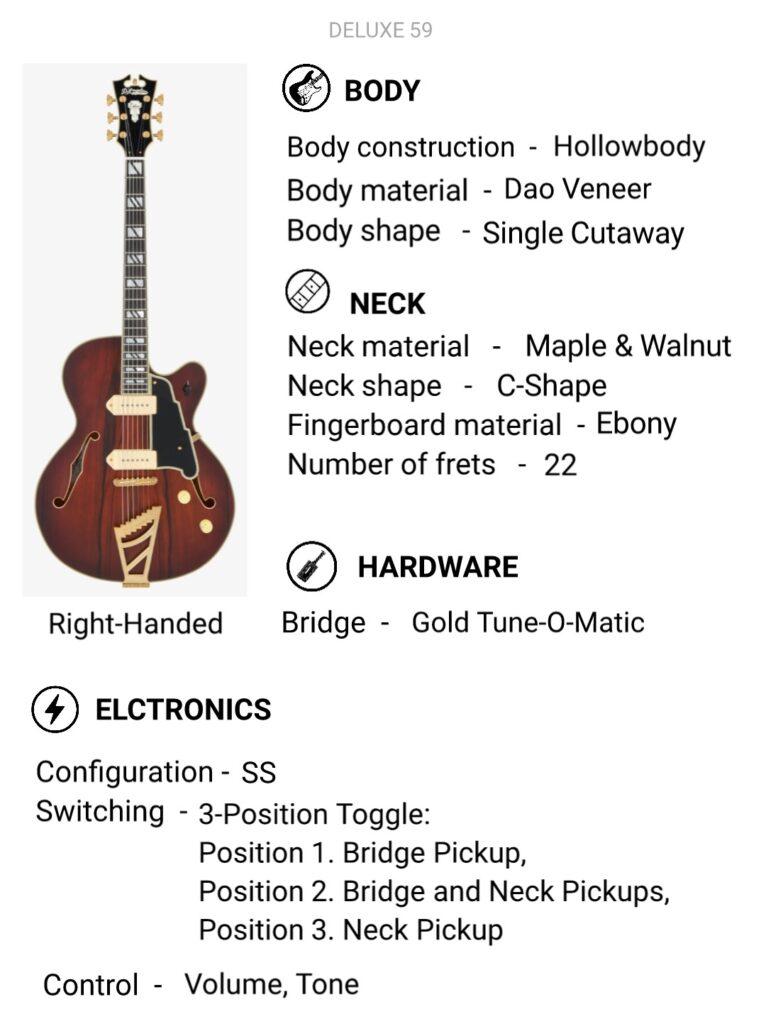list of all Epiphone electric guitar with prices, specifications and features from difference online stores at infinicisum.net
Epiphone Les Paul Melody Maker E1
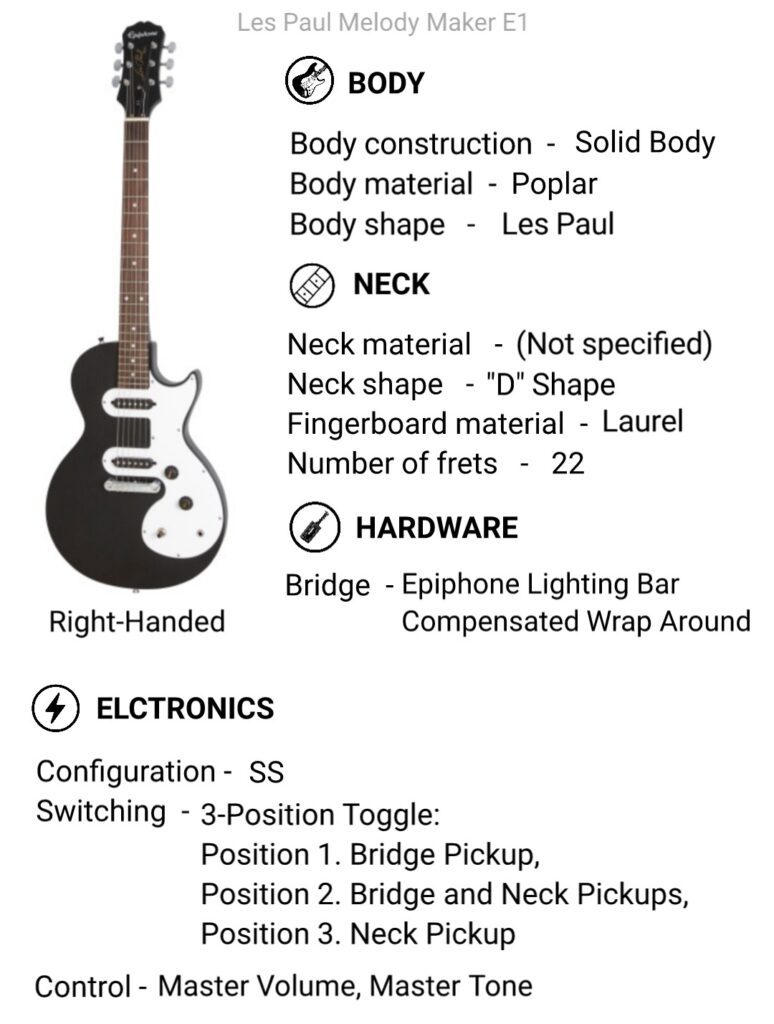
Epiphone Les Paul Express
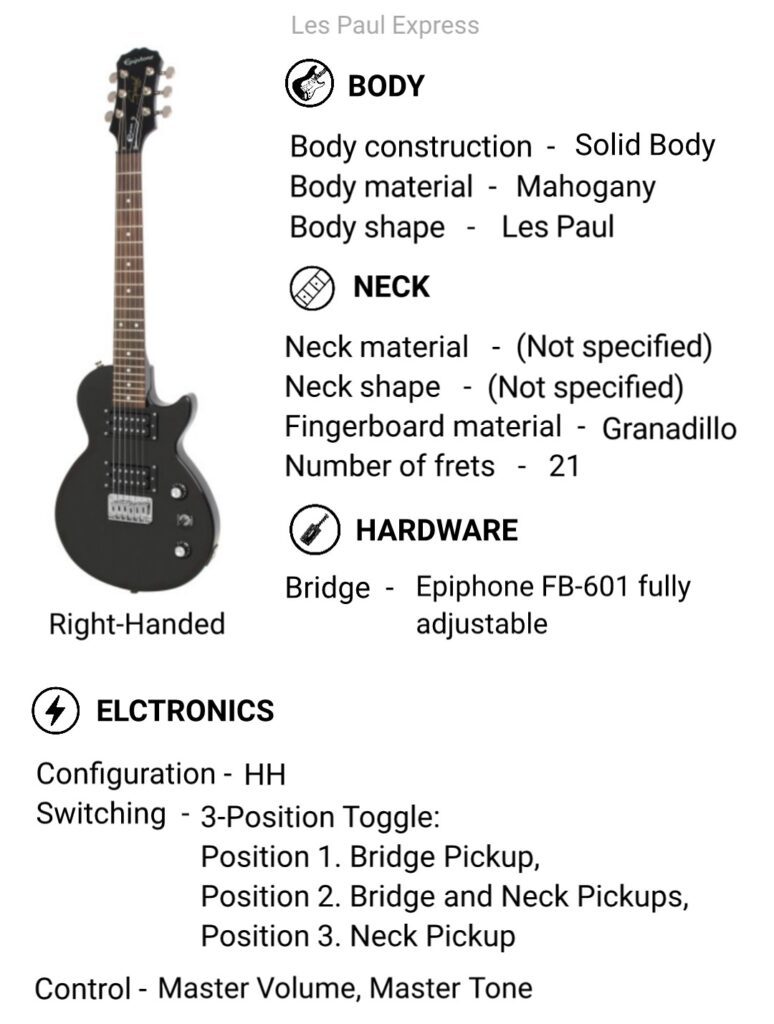
Epiphone SG Muse
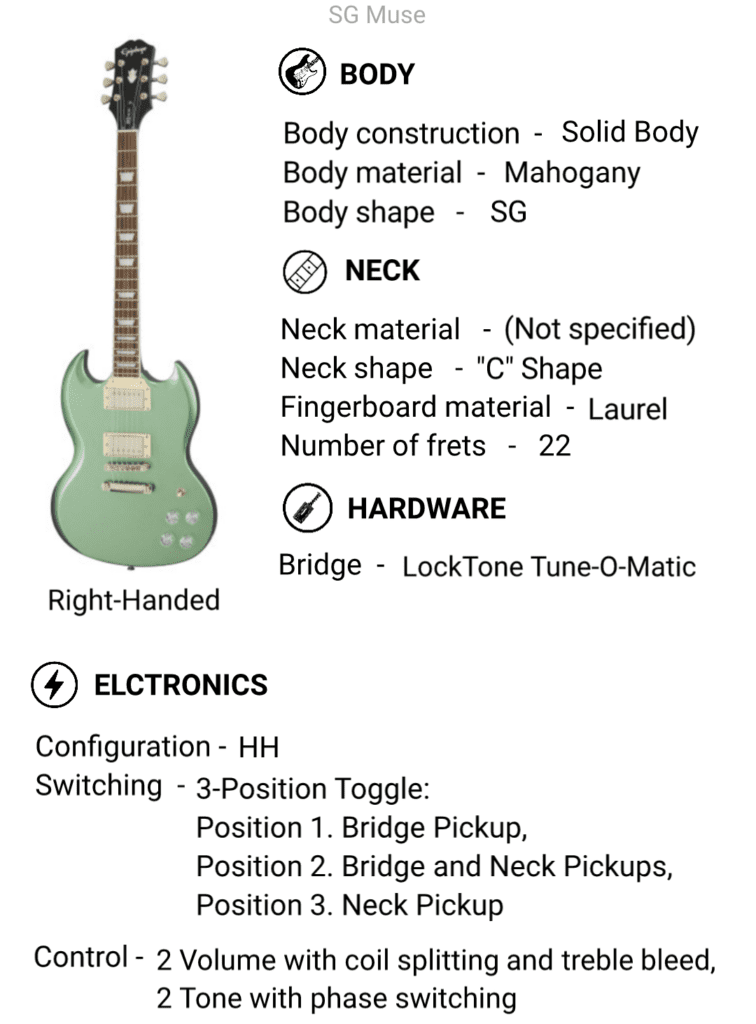
Epiphone Les Paul Muse
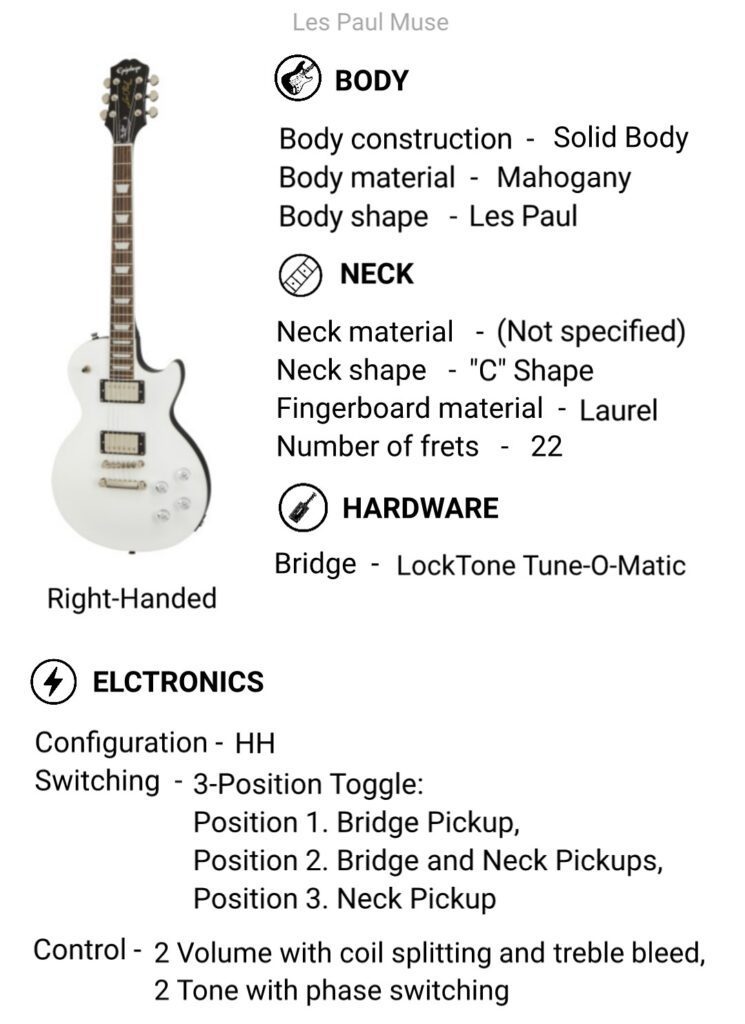
Epiphone Les Paul Studio
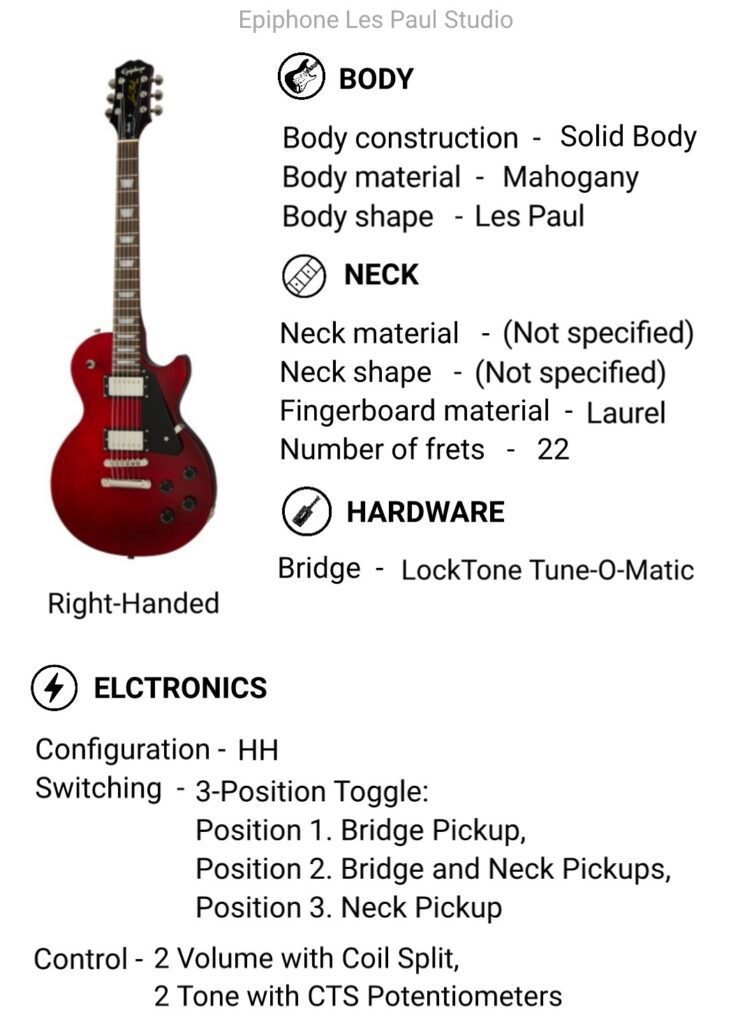
Epiphone Les Paul Standard 50s
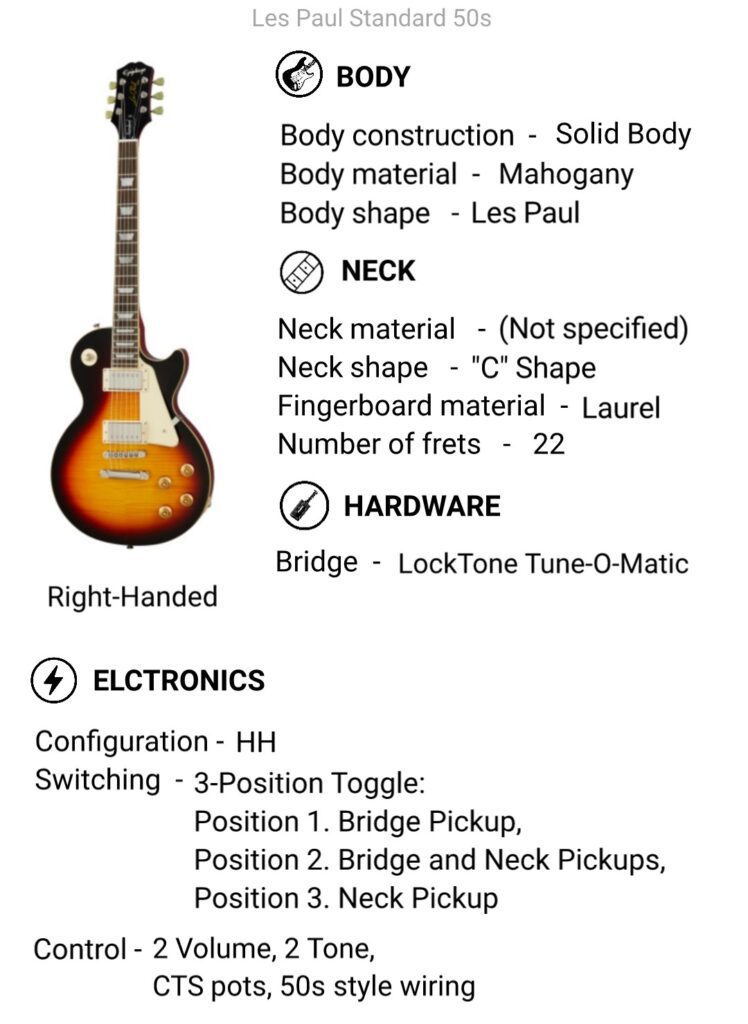
Epiphone Les Paul Standard 60s
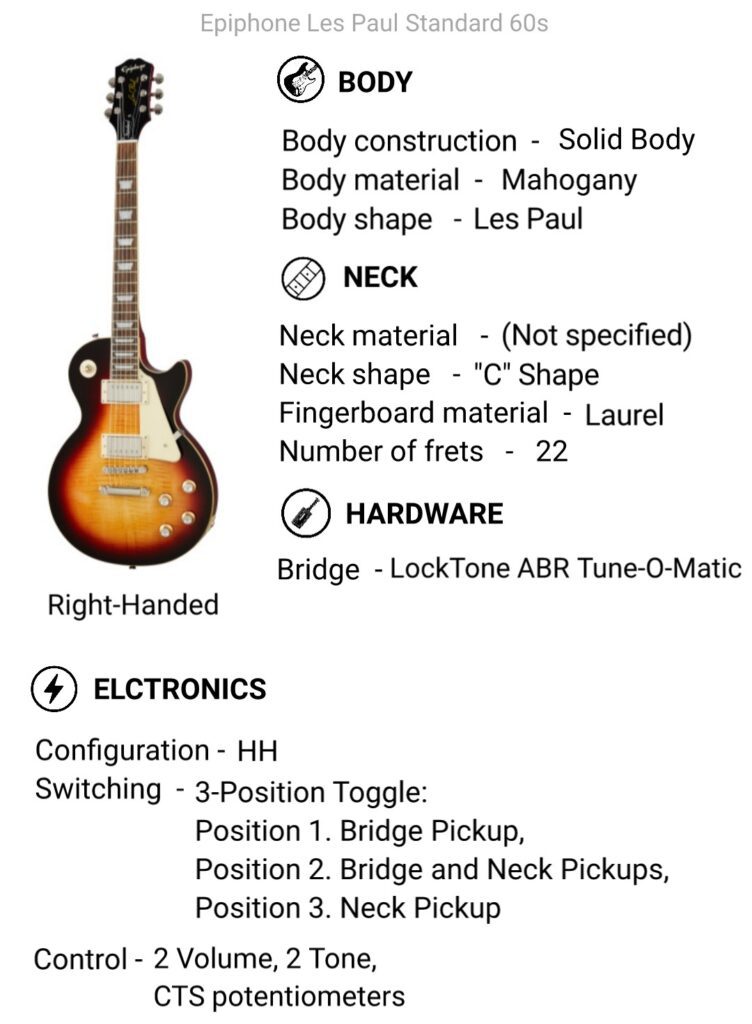
Introduction: Epiphone, a revered name in the world of guitars, has long been synonymous with quality, affordability, and a commitment to delivering instruments that cater to a diverse range of players. From iconic recreations of classic designs to modern innovations, Epiphone electric guitars have etched their mark in the music landscape. Let’s delve into the realm of Epiphone’s electric guitars and explore the key series that have captured the hearts of musicians around the globe.
”Read_More”
1. Les Paul Series:
The Les Paul series from Epiphone pays homage to the iconic design created by the legendary guitarist Les Paul. These guitars feature single-cutaway bodies, set necks, and a variety of finishes. Models within this series range from the affordable Les Paul Special to the more premium Les Paul Custom.
2. SG Series:
Epiphone’s SG series is inspired by the Gibson SG design known for its double-cutaway body shape. These guitars often feature mahogany bodies and necks, offering a lightweight and comfortable playing experience. The SG series includes standard models like the SG Standard and more contemporary options like the SG Muse.
3. ES Series:
The ES series draws inspiration from classic semi-hollow and hollow body guitars. Models like the ES-335 and ES-339 offer a versatile tonal palette, making them suitable for jazz, blues, and rock genres. The ES series is known for its smooth playability and vintage aesthetics.
4. Explorer Series:
Epiphone’s Explorer series features guitars with a distinctive and angular body shape. These guitars are known for their bold and modern appearance, making them a favorite among players in rock and metal genres. The Explorer series includes both standard and PRO models.
5. Flying V Series:
The Flying V series showcases guitars with the iconic V-shaped body, delivering a unique and edgy look. These guitars often feature mahogany bodies and are well-suited for players who seek a standout design. The Flying V series includes standard and PRO models.
6. Firebird Series:
Epiphone’s Firebird series pays homage to the classic Firebird design, known for its reverse body shape. These guitars offer a unique aesthetic and are often favored by players who appreciate vintage-inspired instruments. The Firebird series includes both standard and studio models.
7. Thunderbird Series:
The Thunderbird series is dedicated to bass guitars, featuring the iconic Thunderbird body shape. These basses are known for their distinctive appearance and deep, resonant tones. The Thunderbird series includes various bass models catering to different player preferences.
8. Wilshire Series:
The Wilshire series features guitars with a vintage-inspired design, showcasing a double-cutaway body shape. These guitars are characterized by their comfortable playability and retro aesthetics. The Wilshire series includes models like the Wilshire Phant-o-matic and Wilshire PRO.
9. Nighthawk Series:
The Nighthawk series offers guitars with a unique single-cutaway design and versatile tonal options. These guitars often feature a combination of single-coil and humbucking pickups, providing a range of sounds suitable for various musical genres.
10. Prophecy Series:
The Prophecy series is tailored for players who seek modern features and high-performance capabilities. These guitars often include advanced electronics, ergonomic designs, and premium materials. The Prophecy series includes various Les Paul and SG models.
11. Inspired by Gibson Collection:
Epiphone’s Inspired by Gibson collection features guitars inspired by classic Gibson designs. These guitars aim to capture the essence of Gibson models at more affordable price points, allowing players to experience the iconic Gibson feel and sound.
12. Limited Edition Models:
Epiphone periodically releases limited edition models with unique finishes, features, and specifications. These guitars are often produced in limited quantities, making them desirable for collectors and players seeking something distinctive.
13. Signature Models:
Epiphone collaborates with renowned artists to create signature models that reflect the preferences and playing styles of the featured musicians. These guitars often include special finishes and features associated with the respective artists.
14. Modern Collection:
Epiphone’s Modern Collection includes guitars with contemporary features and designs. These models cater to players who seek cutting-edge innovations, such as extended scale lengths, multi-scale designs, and advanced electronics.
15. Classical and Acoustic-Electric Models:
In addition to electric guitars, Epiphone produces classical guitars and acoustic-electric models. These guitars offer a different playing experience and are suitable for players exploring various musical genres, including classical and acoustic styles.
How to choose right Epiphone electric Guitar
Choosing the right Epiphone electric guitar involves considering various factors that align with your playing style, preferences, and budget. Here’s a guide to help you make an informed decision:
1. Define Your Playing Style:
- Rock and Metal: If you play heavier genres, consider guitars with humbucking pickups, such as those found in the SG or Les Paul series.
- Blues and Jazz: For a warmer and more versatile tone, semi-hollow or hollow body guitars like the ES series might be a good fit.
- Versatility: If you play a variety of genres, look for guitars with coil-splitting options or models from the Prophecy series, which often feature advanced electronics.
2. Consider Body Shape:
- Epiphone offers a variety of body shapes, from the classic Les Paul and SG designs to more unconventional shapes like the Explorer and Flying V. Choose a shape that feels comfortable and suits your aesthetic preferences.
3. Pickup Configuration:
- Humbuckers vs. Single-Coils: Determine whether you prefer the powerful and noise-resistant humbucker pickups or the brighter and more articulate single-coil pickups.
- Coil Splitting: Some Epiphone models offer coil-splitting options, allowing you to switch between humbucking and single-coil tones for added versatility.
4. Neck Profile and Scale Length:
- Neck Profile: Choose a neck profile that feels comfortable in your hands. Epiphone guitars come with various neck shapes, from slim to rounded profiles.
- Scale Length: Consider whether you prefer a standard scale length (24.75 inches) or a longer scale for added tension and extended range.
5. Construction and Tonewoods:
- Solid Body vs. Semi-Hollow/Hollow Body: Solid body guitars like the Les Paul provide sustain and feedback resistance, while semi-hollow or hollow body guitars offer a more resonant and acoustic-like quality.
- Tonewoods: Pay attention to the tonewoods used. Mahogany and maple are commonly used in Epiphone guitars, each contributing to the overall tone.
6. Bridge and Hardware:
- Fixed Bridge vs. Tremolo System: Decide whether you want a fixed bridge for stability or a tremolo system (like a Tune-O-Matic or Floyd Rose) for pitch modulation. Tremolo systems are common in certain models like the Prophecy series.
- Tuning Stability: Consider the quality of the tuning machines and whether the guitar stays in tune reliably.
7. Series and Models:
- Explore the various series mentioned in the previous article (Les Paul, SG, ES, Explorer, Flying V, Firebird, Thunderbird, Wilshire, Nighthawk, Prophecy, Inspired by Gibson, Signature, Modern Collection).
- Check out reviews and demos for specific models within these series to understand their unique features.
8. Budget Considerations:
- Epiphone offers guitars at various price points. Determine your budget range and explore models within that range.
- Keep in mind that higher-end series like the Prophecy or Inspired by Gibson may offer additional features and build quality.
9. Signature Models:
- If you have a favorite artist, consider their signature model. These guitars are often designed to the specifications of the artist and may feature unique finishes and components.
10. Try Before You Buy:
- If possible, play the guitar in person or try similar models in a store. Pay attention to how it feels, the weight, and how accessible the upper frets are.
11. Research and Reviews:
- Read customer reviews and watch demo videos to get an idea of the guitar’s sound and performance in different contexts.
12. Future Upgrades:
- Consider whether you might want to upgrade pickups, hardware, or other components in the future. Some Epiphone models are more mod-friendly than others.
13. Check for Upgrades:
- Some Epiphone models offer upgraded features like ProBucker pickups, Grover tuners, and coil-splitting options. Assess whether these features align with your preferences.
14. Special Editions:
- Explore special edition and limited-run models if you’re looking for unique finishes and features.
By considering these factors, you can narrow down your options and find the Epiphone electric guitar that suits your playing style and preferences. Remember that the “right” guitar is ultimately the one that inspires you to play and create music.
Pros and Cons of Epiphone electric Guitars
Epiphone electric guitars have earned a reputation for offering quality instruments at various price points, making them accessible to a wide range of players. As with any brand, there are both strengths and potential drawbacks to consider. Here’s an overview of the pros and cons of Epiphone electric guitars:
Pros of Epiphone Electric Guitars:
- Affordability:
- Epiphone guitars are generally more affordable than their Gibson counterparts, making them a great option for players on a budget or those looking for a quality instrument without a premium price tag.
- Wide Range of Models:
- Epiphone offers a diverse range of models, catering to various playing styles and preferences. Whether you’re into classic rock, metal, jazz, or blues, there’s likely an Epiphone model that suits your musical taste.
- Quality Construction:
- Epiphone guitars are known for their solid construction using quality materials. Many models feature mahogany bodies and necks, providing a warm and resonant tone.
- Variety of Series:
- From the classic Les Paul and SG series to more modern options like the Prophecy and Inspired by Gibson collections, Epiphone provides a variety of series to meet the demands of different players.
- Artist Signature Models:
- Epiphone collaborates with renowned artists to create signature models, allowing fans to play instruments inspired by their musical heroes. These guitars often come with unique features and finishes.
- Upgrade Potential:
- Many Epiphone guitars are mod-friendly, allowing players to upgrade components such as pickups, tuners, and electronics for a customized and improved sound.
- Beginner-Friendly Options:
- Epiphone offers entry-level models that are suitable for beginners. These guitars provide a solid foundation for learning to play without compromising on quality.
- Inspired by Gibson Collection:
- The Inspired by Gibson collection brings players closer to the iconic designs of Gibson guitars at more accessible price points. This allows players to experience the feel and sound reminiscent of classic Gibson models.
- Consistent Quality Control:
- Epiphone maintains consistent quality control standards, ensuring that guitars meet certain specifications. This commitment to quality is reflected in the craftsmanship of their instruments.
Cons of Epiphone Electric Guitars:
- Quality Variation:
- While Epiphone has consistent quality control, there can still be some variation in quality among different models. It’s advisable to play or inspect the specific guitar you intend to purchase.
- Resale Value:
- Epiphone guitars generally have lower resale value compared to high-end brands. If resale value is a significant consideration for you, it might be worth exploring other brands.
- Stock Components:
- Some entry-level Epiphone models may come with stock components that are not as high-end as those found on more expensive guitars. Upgrading these components may be necessary for players seeking a premium sound.
- Weight and Balance:
- Some players find certain Epiphone models to be heavier, affecting the overall balance of the guitar. It’s advisable to try the guitar in person to ensure it feels comfortable for you.
- Limited Options for Left-Handed Players:
- The availability of left-handed models in the Epiphone lineup may be more limited compared to right-handed models, reducing options for left-handed players.
- Country of Manufacture:
- While many Epiphone guitars are made in various countries, including Indonesia and China, some players prefer guitars made in specific regions. The country of manufacture may impact perceptions of quality.
- Tuning Stability on Some Entry-Level Models:
- Some entry-level Epiphone models may experience tuning stability issues, especially with aggressive use of the tremolo system. Upgrading to higher-end models or addressing specific components can mitigate this.
- Limited Availability of Certain Models:
- Depending on your location, the availability of specific Epiphone models may be limited. Some regions may have a more extensive selection than others.
In summary, Epiphone electric guitars offer a range of options for players of all levels and budgets. While they may not have the prestige of high-end brands, they provide excellent value for the price and are capable of delivering satisfying tones across various genres. Consider your individual preferences, playing style, and budget when selecting the right Epiphone guitar for your needs.
Gibson Vs Epiphone
The comparison between Gibson and Epiphone involves assessing various factors, including build quality, price, components, and overall performance. Both brands offer a range of electric guitars, but they cater to different market segments. Here’s a breakdown of the key differences and considerations when comparing Gibson and Epiphone:
Gibson:
Pros:
- Premium Build Quality:
- Gibson guitars are known for their exceptional craftsmanship and premium materials. The build quality is often superior, featuring high-end woods, finishes, and attention to detail.
- Handcrafted in the USA:
- Many Gibson guitars, especially in the higher price ranges, are handcrafted in the United States. This contributes to their prestige and is a key factor for some players seeking American-made instruments.
- Custom Shop:
- Gibson’s Custom Shop produces limited-edition and custom guitars with meticulous attention to detail. These instruments are often considered the pinnacle of Gibson craftsmanship.
- Resale Value:
- Gibson guitars typically have higher resale value compared to lower-priced brands. The brand’s historical significance and premium reputation contribute to this.
- High-End Components:
- Gibson guitars often come equipped with premium components, including high-quality pickups, hardware, and electronics.
Cons:
- Higher Price Tag:
- Gibson guitars are generally more expensive than Epiphone guitars. The premium build quality and craftsmanship contribute to the higher price.
- Limited Budget Options:
- While Gibson has expanded its lineup to include more affordable options, the majority of their guitars fall into the mid to high price ranges.
- Limited Availability of Left-Handed Models:
- Gibson’s lineup of left-handed models may be more limited compared to their right-handed counterparts.
Epiphone:
Pros:
- Affordability:
- Epiphone guitars are significantly more affordable than Gibson guitars, making them accessible to a broader range of players.
- Variety of Models:
- Epiphone offers a wide variety of models, ranging from entry-level guitars to higher-end models. This provides players with numerous options based on their preferences and budget.
- Inspired by Gibson Collection:
- The Inspired by Gibson collection brings players closer to the iconic designs of Gibson guitars at more accessible price points.
- Quality Build:
- Epiphone guitars provide good build quality for their price range. The use of quality materials and construction techniques ensures reliable instruments.
- Artist Signature Models:
- Epiphone collaborates with artists to create signature models, allowing fans to own instruments inspired by their musical idols.
Cons:
- Lower Resale Value:
- Epiphone guitars generally have lower resale value compared to Gibson guitars. While they offer great value for the price, they may not hold their value as well over time.
- Build Differences:
- While Epiphone guitars are well-built, there are differences in the construction and materials compared to Gibson guitars. These differences can impact the overall feel and sound.
- Country of Manufacture:
- Some players may prefer guitars made in specific countries. Epiphone produces guitars in various locations, including Indonesia and China.
- Limited Options for Left-Handed Players:
- The availability of left-handed models in the Epiphone lineup may be more limited compared to right-handed models.
Conclusion: The choice between Gibson and Epiphone depends on individual preferences, budget, and the desired level of craftsmanship. Gibson guitars are considered premium instruments with higher price tags, while Epiphone guitars offer excellent value for more budget-conscious players. Both brands have a place in the market, serving the diverse needs of guitarists worldwide. Ultimately, the “right” choice comes down to personal preferences, playing style, and budget considerations.
FAQ
Is Epiphone a Good Guitar Brand ?
Yes, Epiphone is considered a good guitar brand, offering affordable instruments with commendable quality. As a subsidiary of Gibson, Epiphone provides a diverse range of models, including the “Inspired by Gibson” collection, making it accessible to a wide audience. The brand is known for its affordability, variety, and upgrade potential, appealing to both beginners and experienced players.
Are Epiphone guitars made by Gibson ?
Yes, Epiphone guitars are designed by Gibson and manufactured as a subsidiary under the Gibson umbrella. While Gibson guitars are associated with higher-end, American-made instruments, Epiphone focuses on producing more affordable options in various locations, including Indonesia and China. The collaboration allows players to access instruments inspired by classic Gibson designs at more budget-friendly price points.
why Epiphone guitars are cheap ?
Epiphone guitars are more affordable than their Gibson counterparts primarily because they are manufactured with cost-effective materials and labor in various countries, including Indonesia and China. The brand focuses on providing quality instruments at lower price points, making them accessible to a broader range of musicians.
Do famous Guitarist Use Epiphone ?
Yes, several renowned guitarists have chosen Epiphone guitars throughout their careers. Notable names include Gary Clark Jr., John Lennon, George Harrison, Noel Gallagher, Tom Delonge, and Paul Weller. Epiphone’s affordability and quality make it a popular choice for musicians across different genres and skill levels.
Is Gibson better than Epiphone ?
Gibson is generally considered to offer higher-end, premium guitars with superior craftsmanship and materials compared to Epiphone. However, Epiphone provides excellent value for money, making quality instruments more accessible. The choice between Gibson and Epiphone depends on individual preferences, budget, and desired features.
History of Epiphone electric Guitars
The history of Epiphone electric guitars is rich and spans over a century. Here’s a detailed overview:
Early Years:
- Founded by Anastasios Stathopoulos: Epiphone was founded in 1873 by Anastasios Stathopoulos in Smyrna, Ottoman Empire (modern-day Izmir, Turkey).
- Move to the United States: In 1903, Anastasios and his family moved to New York City, bringing their luthier expertise.
- Epiphone as a Family Business: The company became known for its high-quality, handcrafted instruments and was operated as a family business.
Transition to Epiphone:
- Epi Stathopoulo Takes Over: Upon Anastasios’ death in 1915, his son Epaminondas “Epi” Stathopoulo took over the business.
- Introduction of the “House of Stathopoulo”: Epi rebranded the company as the “House of Stathopoulo” and introduced the brand Epiphone.
- Early Success: Epiphone gained a reputation for building quality instruments and became a serious competitor to other guitar manufacturers.
The Jazz Age:
- Archtop Guitars: In the 1920s and 1930s, Epiphone became known for its archtop guitars, favored by jazz musicians.
- Innovation: Epi Stathopoulo was an innovator, introducing features like f-holes, adjustable steel truss rods, and amplification solutions.
Ownership Changes:
- Epi’s Death and Ownership Change: Epi Stathopoulo passed away in 1943, and the company saw ownership changes.
- Gibson Acquires Epiphone: In 1957, Gibson Guitar Corporation purchased Epiphone. The acquisition expanded Gibson’s product line and allowed Epiphone to benefit from Gibson’s resources.
Post-Gibson Acquisition:
- Production Shifts: Epiphone production shifted to various locations, including the United States, Japan, and later, Korea and China.
- Epiphone Models Inspired by Gibson: Epiphone began producing models inspired by classic Gibson designs, making them more accessible to a wider audience.
Recent Developments:
- Inspired by Gibson Collection: In recent years, Epiphone has introduced the “Inspired by Gibson” collection, offering guitars with features reminiscent of classic Gibson models at more affordable prices.
- Artist Collaborations: Epiphone continues to collaborate with artists, producing signature models like the Gary Clark Jr. “Blak & Blu” Casino.
Epiphone Today:
- Diverse Lineup: Epiphone offers a diverse lineup of electric, acoustic, and bass guitars, catering to players across various genres and skill levels.
- Affordability and Quality: Epiphone maintains a balance between affordability and quality, making their guitars popular among musicians worldwide.
Epiphone’s history reflects a journey from its early days as a family business to its evolution under the ownership of Gibson. The brand has left an indelible mark on the music industry, providing a range of instruments that continue to be embraced by musicians of diverse styles and backgrounds.
”Read_Less”

